Hisense S7NQ Canvas TV is a very interesting option, especially for those who are looking for something in the style of a picture-TV but don't want to spend a fortune. At first glance, it stands out primarily because the gallery mode with artwork is completely free – there’s no subscription fee, unlike Samsung's The Frame. Moreover, the box includes a light brown frame right away, which will be an extra bonus and saving for many people. Although it is primarily a TV for displaying art, it surprisingly performs quite well in other applications as well. The 144 Hz panel, full HDMI 2.1, support for VRR and ALLM – all of this makes gaming on consoles entirely possible and quite enjoyable. The Vidaa system runs smoothly, and we find all the most important apps and features here, such as AirPlay, USB recording, or screen mirroring from your phone. But there are also things that fall a bit short. First and foremost – the actual images. Compared to The Frame from Samsung, they simply look more digital here. There's a lack of that depth, paint texture, and subtle details that really impress with the competitor. Even though at first glance we’re dealing with a similar, matte panel, in practice, it performs much worse at suppressing reflections. Colours and blacks fade much quicker, especially in a bright room. This could also be the effect of lower brightness – Hisense is simply darker than its Korean rival. Additionally, there are some minor software flaws – e.g., the lack of displaying external subtitles despite the option to configure them, or the not entirely effective image smoothing function with lower quality materials. In short: the S7NQ is a good TV in the form of a "picture" that can be a great alternative for those who don’t mind the lower quality of displayed artworks but value the absence of subscription fees, an extra frame in the package, and the full functionality of a typical TV. It's not an ideal product, but a reasonable compromise for Samsung The Frame.
- Matching (Score)
- Our verdict
- TV appearance
- Where to buy
- Contrast and black detail
- HDR effect quality
- Factory color reproduction
- Color reproduction after calibration
- Smoothness of tonal transitions
- Image scaling and smoothness of tonal transitions
- Blur and motion smoothness
- Console compatibility and gaming features
- Input lag
- Compatibility with PC
- Viewing angles
- TV efficiency during daytime
- Details about the matrix
- TV features
- Apps
- Playing files from USB
- Sound
Hisense S7NQ CanvasTV vs Hisense U7Q
Direct compare
S7NQ / CanvasTV
U7Q / U78Q
Available screen sizes: 55”

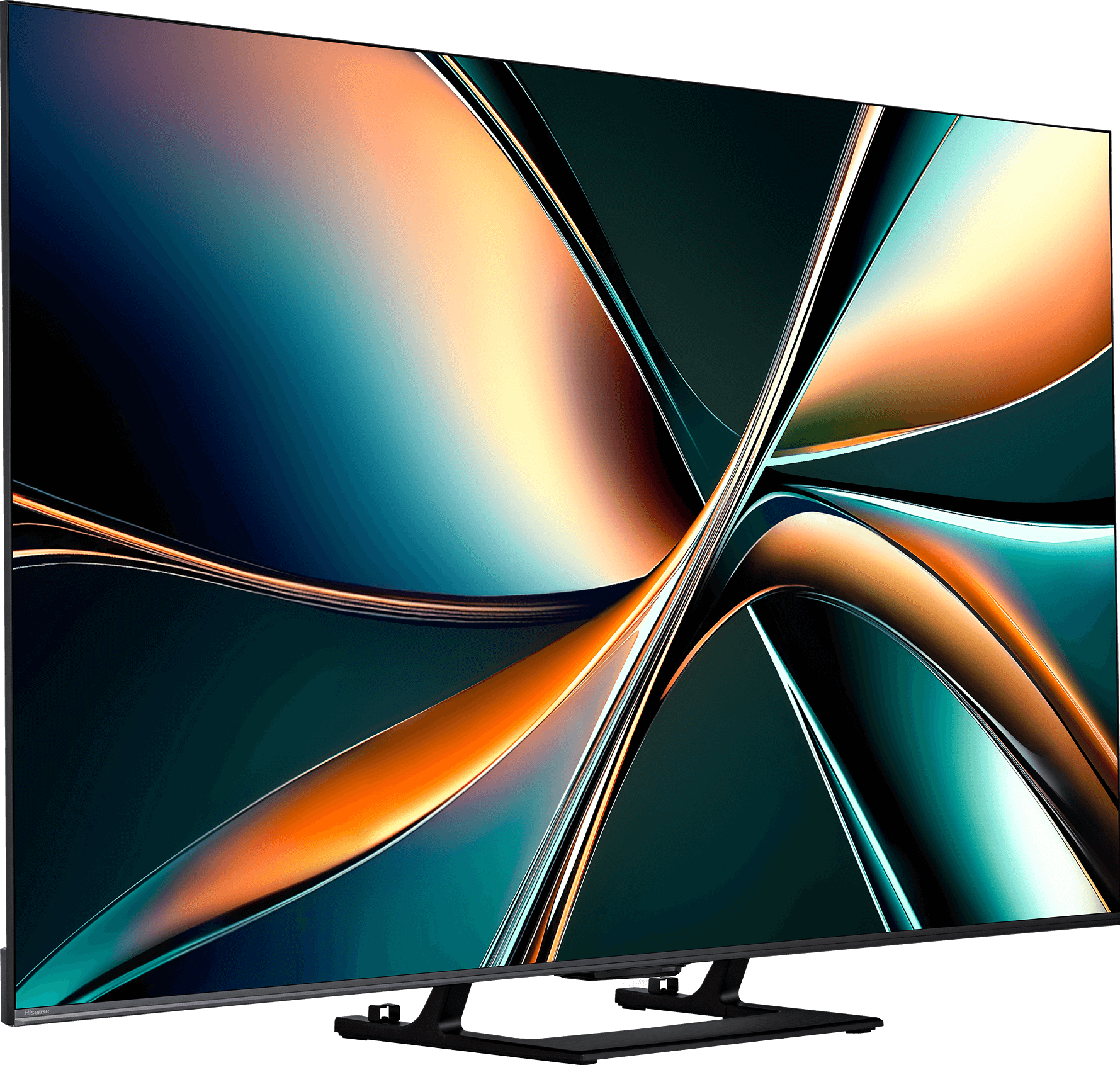
Panel type: LCD VA
Resolution: 3840x2160
System: VIDAA
Model year: 2024
Complete the survey to find out the result

Panel type: LCD VA
Resolution: 3840x2160
System: VIDAA
Model year: 2025
Complete the survey to find out the result

Overall rating
6.7
7.2
Movies and series in UHD quality
6.6
6.7
Classic TV, YouTube
6.3
6.8
Sports broadcasts (TV and apps)
6.1
6.5
Gaming on console
7.5
8.0
TV as a computer monitor
7.0
8.6
Watching in bright light
5.4
6.2
Utility functions
9.0
8.9
Apps
7.7
7.7
Sound quality
6.3
7.2
Complete the survey to find out what fits your preferences
Advantages
Free gallery without subscription
Frame included
Great for gamers (144 Hz, HDMI 2.1, VRR, ALLM, Game Bar)
Supports Dolby Vision, HDR10 and HDR10+
Decent native contrast (VA Panel)
Works well with PC (chroma 4:4:4)
Fast Vidaa System
Straightforward connection to home theatres: Supports Dolby and DTS codecs
Great contrast and deep black
Very good fluidity of tonal transitions (close to reference level)
High brightness
Supports 4K 144 Hz and even 240 Hz in Full HD
VRR, ALLM, G-SYNC – a full package for gamers
Low input lag
Pleasant sound with light bass
Many classic TV features built into the VIDAA system
Disadvantages
Worse image quality in gallery mode than in Samsung The Frame
Colours and blacks fade significantly in bright environments
Missing HGiG mode (for gamers)
Software issues - external subtitles do not display in films
No support for HGiG (makes setting HDR on consoles difficult)
Brightness management issues
Poor viewing angles – typical for VA panels
Closed VIDAA system – missing some apps
Our verdict
Hisense U7Q is one of the most interesting Mini-LED TVs in its price segment, clearly demonstrating that Hisense is starting to make a mark in the market not only through the price-to-performance ratio but also through increasingly refined picture quality. Let's start with what truly impresses: the contrast and black levels are at a level that was recently unattainable in this price range. Combined with smooth tonal transitions, solid brightness, and a fast 144Hz panel, the U7Q becomes a TV that excels in both movies and gaming. Gamers will find almost everything they can expect here – support for variable refresh rate (VRR), automatic game mode (ALLM), very low input lag, and even 240Hz in Full HD. All of this makes the U7Q suitable for both next-gen consoles and PCs. However, there are some downsides. When it comes to HDR content, one might want to say: “untapped potential” – you may ask why? The TV, due to its algorithms, dims small bright elements or excessively boosts them, which can spoil the viewing experience. There is also a lack of support for HGiG, the feature that would better match the console with the TV regarding HDR. In summary, briefly – the Hisense U7Q is a very versatile and complete TV that has its imperfections but makes up for them in many key aspects. For gamers, occasional movie watchers, or anyone looking for good equipment for everyday use – it’s one of the most cost-effective options in 2025. You just need to know what compromises you’re willing to make – and then it’s hard to be disappointed.
TV appearance




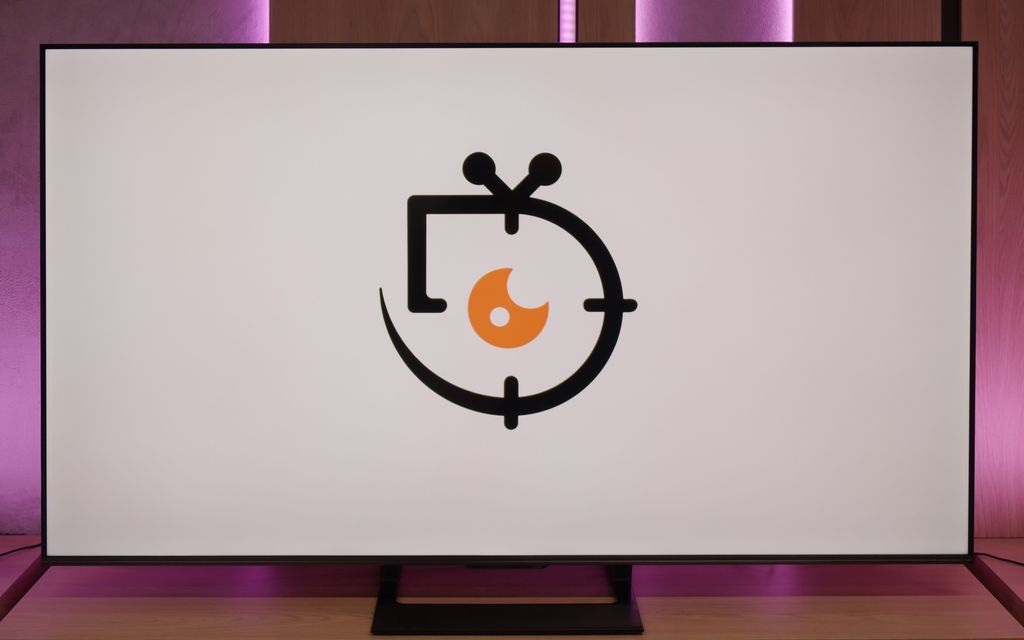
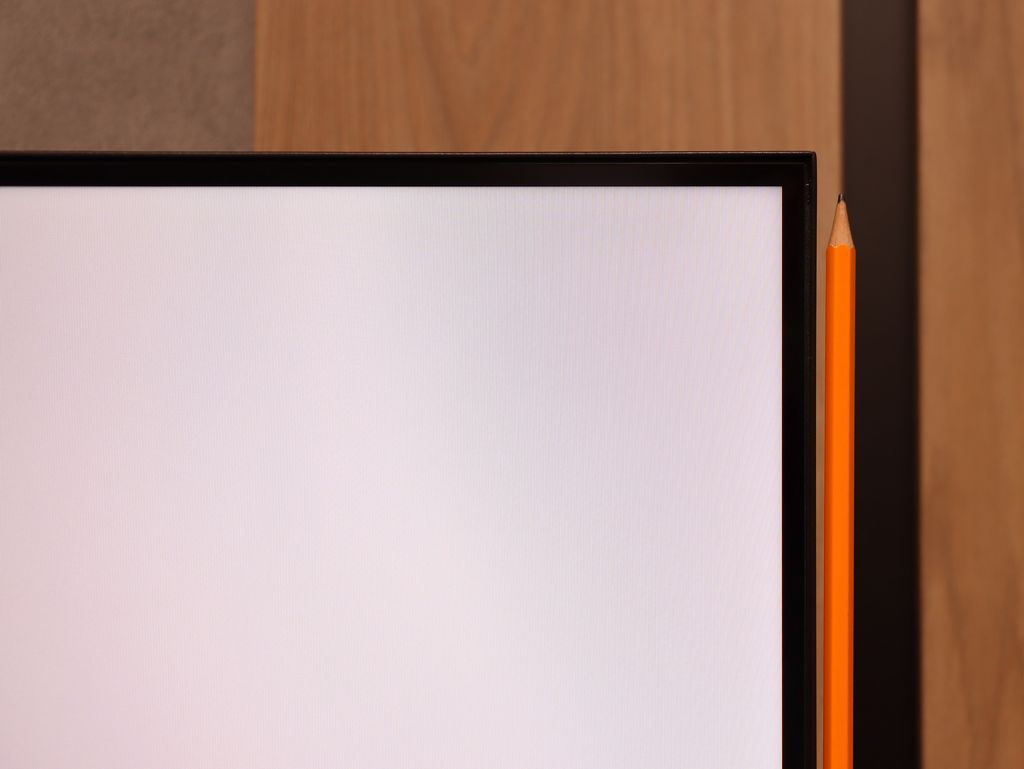
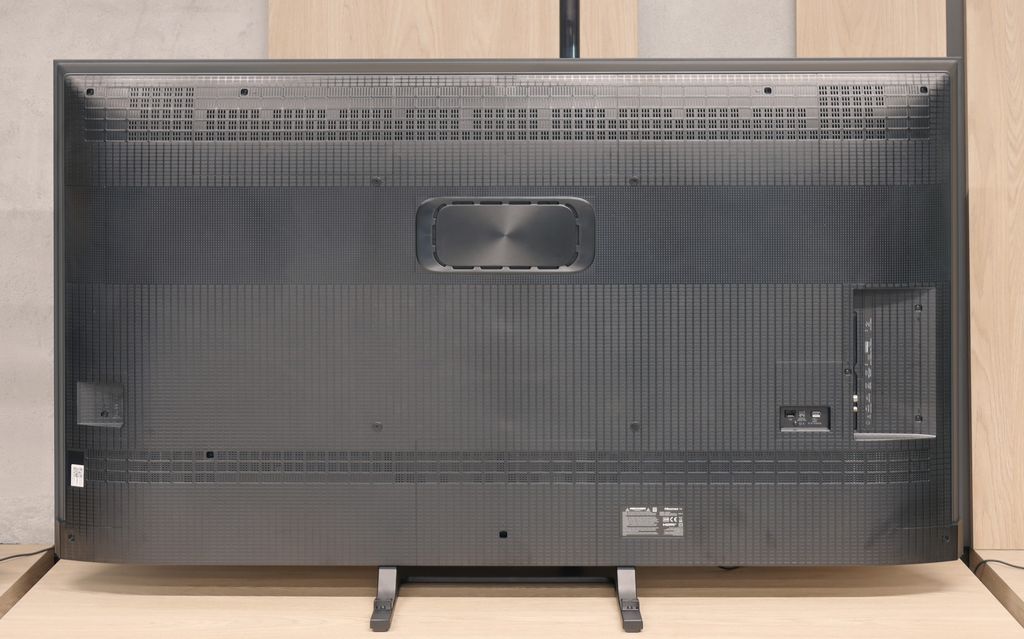
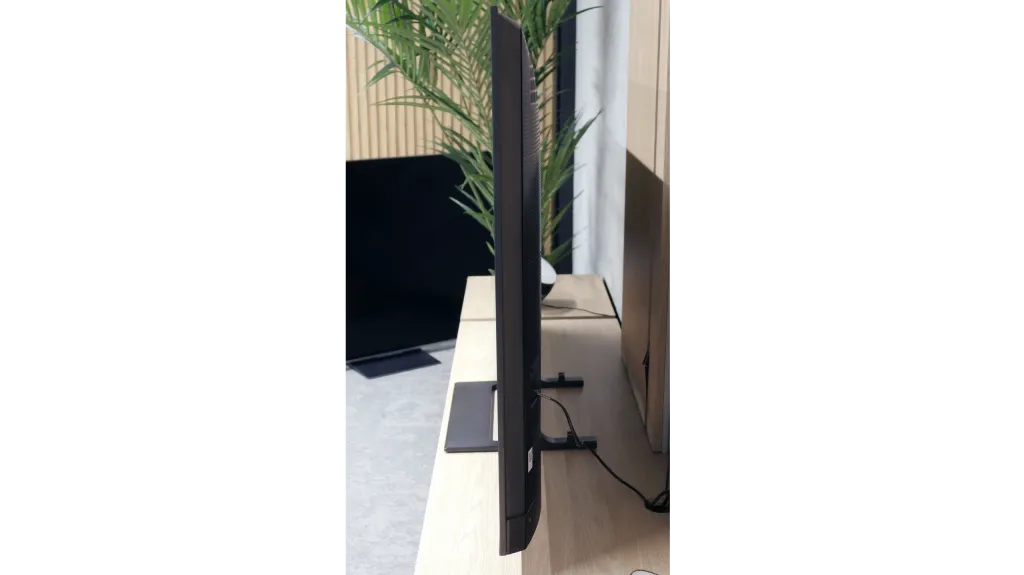
Contrast and black detail
5.6/10
7.5/10
Local dimming function: No
Local dimming function: Yes, number of zones: 220 (10 x 22)
Contrast:
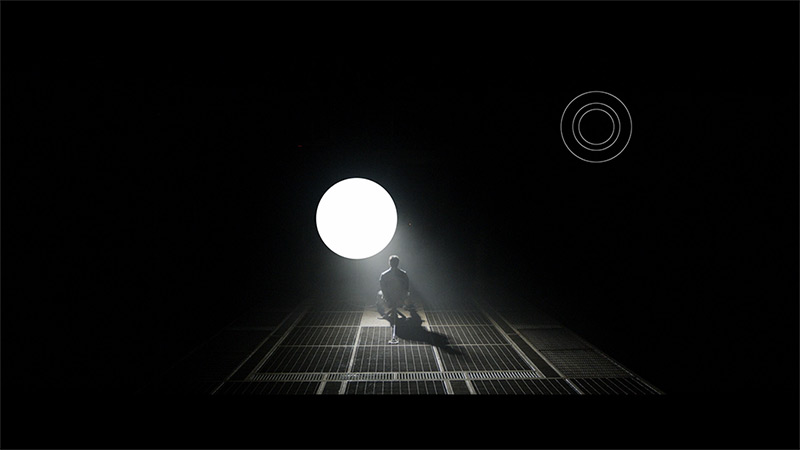
Result
3,400:1
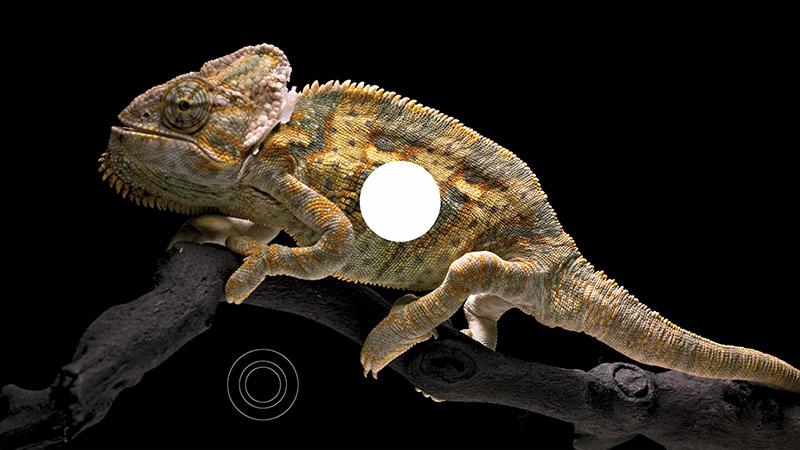
Result
4,200:1
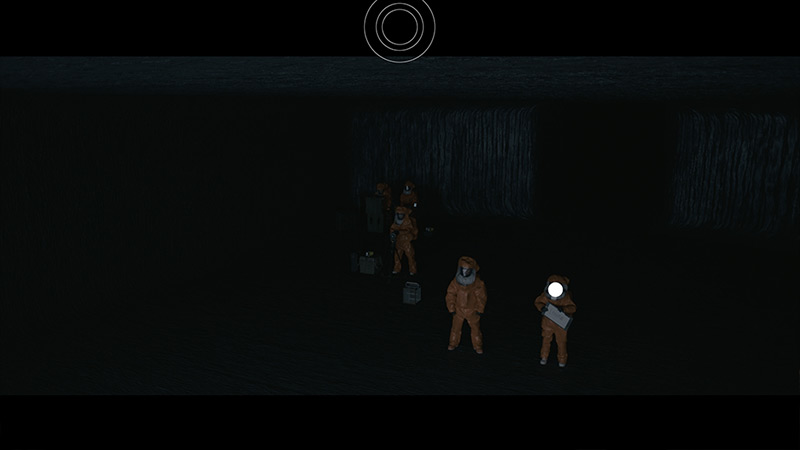
Result
5,200:1

Result
5,050:1
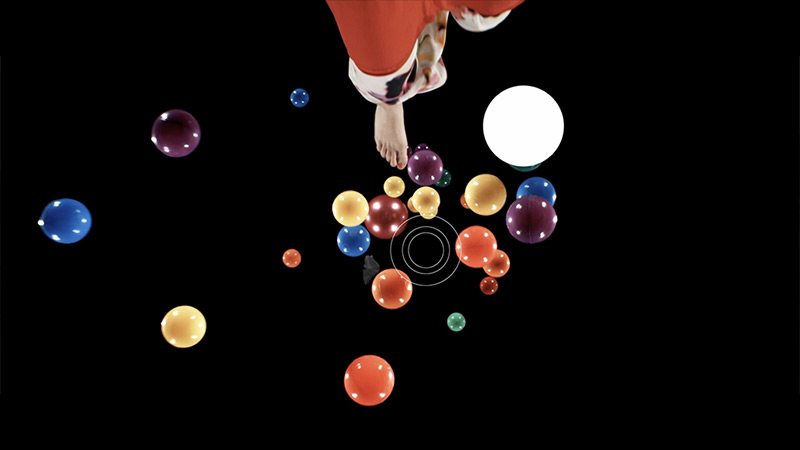
Result
3,650:1

Result
278,000:1

Result
28,800:1

Result
11,100:1

Result
10,800:1

Result
6,250:1
Halo effect and black detail visibility:

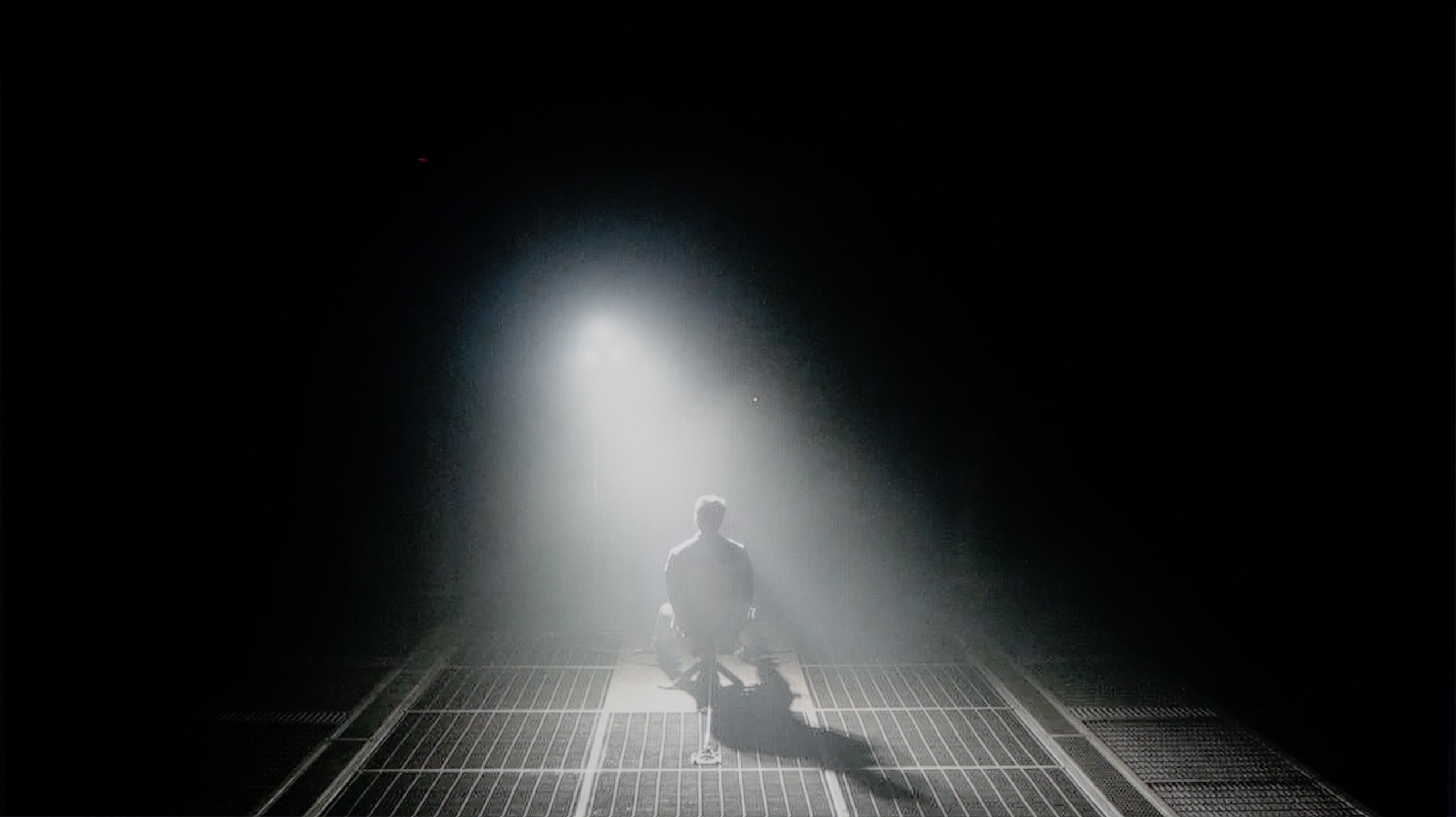
The Hisense S7NQ CanvasTV is a television equipped with a VA panel, which on its own provides decent contrast. Our test patterns confirm this – an average score of around 4000:1. It may not be an outstanding value, but for this class of device, it's quite decent. Perhaps the result would be significantly better if the television was equipped with local dimming technology; however, this model sadly lacks that feature. As a result, blacks in a completely dark room resemble shades of navy blue or grey more than true black. This situation causes a slightly noticeable clouding effect. Overall, it's okay, but without any real excitement.
U7Q is a Mini-LED backlit TV – just like the PRO version. What’s the difference? The version without the suffix simply has fewer dimming zones. In our 65-inch model with a VA panel, we counted 220 of them. And while that doesn’t impress as much as in the U7Q PRO, it still looks very good on paper for this price range. Alright, but how does it perform in practice? Surprisingly well. The contrast in the U7Q can reach up to 300,000:1, which provides a really solid black effect. In many scenes, it’s hard to find fault – the image has depth, and the highlights are well separated. Of course, Mini-LED is not OLED – so there are some limitations. In very challenging scenes with many dark details, the TV sometimes either ‘eats’ them, leaving a nice black, or slightly brightens the background, which can create a halo effect. That’s normal in this technology and should be taken into account. Despite these minor drawbacks – the contrast in the U7Q is really good.
HDR effect quality
5.6/10
4.6/10
Luminance measurements in HDR:

Result
455 nit

Result
414 nit
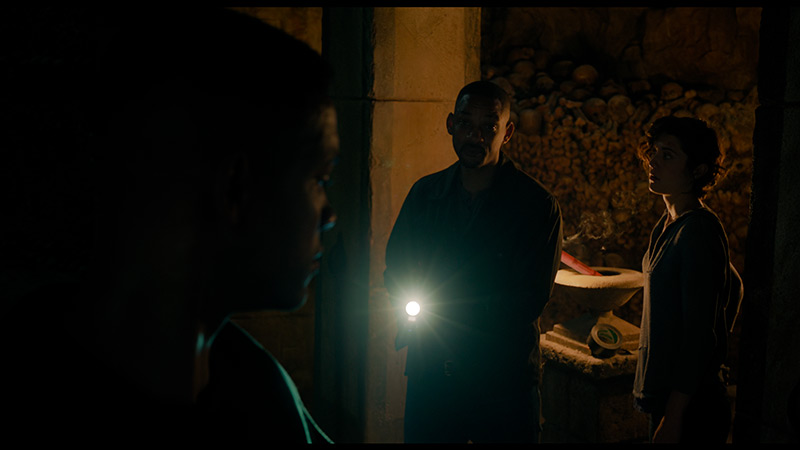
Result
438 nit

Result
451 nit

Result
470 nit

Result
521 nit

Result
160 nit

Result
351 nit

Result
98 nit

Result
674 nit
Scene from the movie “Pan” (about 2800 nits)


Scene from the movie “Billy Lynn” (about 1100 nits)


Static HDR10


Dynamic: Dolby Vision
Dynamic: Dolby Vision


HDR luminance chart:
Hisense U7Q
Luminancja HDR
Luminance of RGB colors
Hisense S7NQ CanvasTV
Luminancja HDR
Luminance of RGB colors
When it comes to the brightness of the television and how it handles bright elements while watching films, it's just average – similar to the contrast. The average brightness level of the Hisense S7NQ is around 500 nits. This is a value that allows you to feel the hints of true HDR, but it's definitely not enough to speak of remarkable effects. However, the television should be praised for its colour gamut coverage – films look very colourful and vibrant. Thanks to the use of a PFS LED (QLED) coating, the device is able to cover more than 90% of the DCI-P3 colour gamut and over 72% of the wider BT.2020 palette. For a television of this class – these are really very good results.
Since the algorithms responsible for blacks are performing quite well, we expected a similarly good outcome when it comes to brightness and overall HDR quality. Unfortunately, we have to disappoint you a bit here.
The U7Q is quite a bright television – under the best conditions, it can reach around 800 nits, which indeed impresses in some scenes, especially in scenes like those from the movie The Meg. Bright segments can shine, and the HDR effect is noticeable. The problem arises when very small, bright elements appear on a dark background – for example, in Sicario 2 or in the second scene from Life of Pi. At such moments, the dimming algorithms operate too aggressively. Yes, the blacks look great at that point, but the brightest spots can almost completely disappear, causing the HDR effect to vanish and details to be barely visible. That’s just the charm of this technology in this price segment.
As a consolation, it is worth mentioning that the U7Q is marketed as a QLED (in practice, a PFS layer is used, which operates very similarly), and it can indeed display a wide colour gamut – a DCI-P3 coverage of around 94% is a very good result for this class.
Factory color reproduction
7.2/10
6.3/10


Factory Mode
After calibration
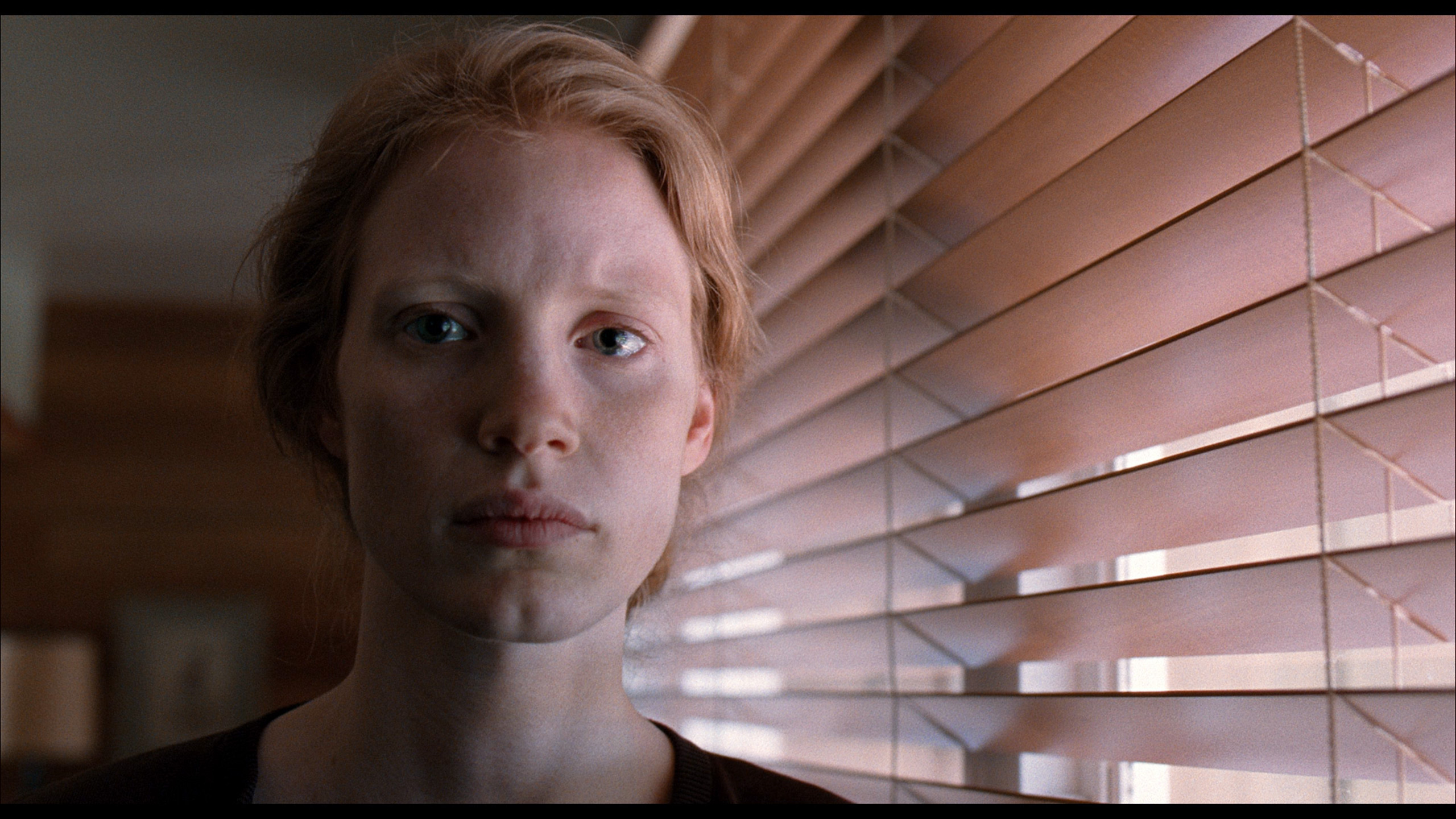
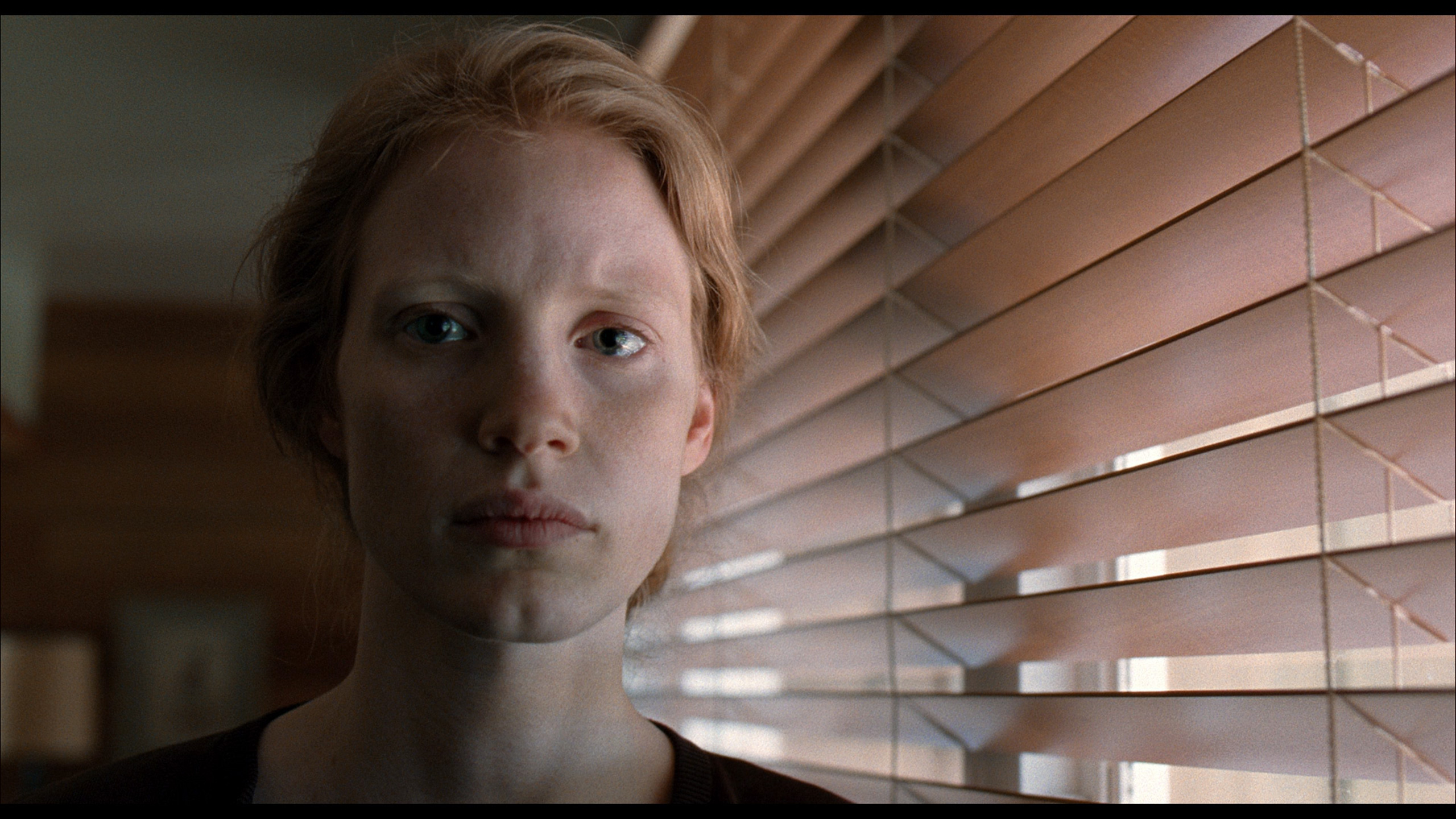
Factory Mode
After calibration
Let's check how the Hisense S7NQ CanvasTV performs in terms of colour reproduction in its best factory mode, which is Filmmaker. Right from the start, it’s clear that it’s definitely better than in dynamic or standard mode, but there are still a few things to nitpick. In terms of image quality from HD signals, the colours are slightly skewed – there’s a dominance of cooler blue tones and a lack of red. This makes the image seem a bit too cool.
A similar effect is noticeable in 4K content, but it’s more pronounced there. The excessive exposure of blue tones and lack of red makes the image appear distinctly cold. However, the biggest issue with this TV isn’t the colours themselves but the way brightness is managed. The unit we tested slightly increased brightness compared to the reference value. The result of this is indeed better visibility of details, but at the cost of significantly lighter blacks – which makes the entire image seem more "flat."
A similar phenomenon was observed in the 4K signal – the slightly inflated curve at the beginning of the EOTF graph indicates that the TV has a tendency to overexpose certain scenes. Fortunately, this effect can be improved through professional calibration, which we will discuss in the next point.
We tested the U7Q in the best possible picture mode, which is Filmmaker Mode. This mode is supposed to provide the most "cinematic" experience that aligns with the creators' intentions – straight out of the box. Unfortunately… even this professionally sounding name doesn’t guarantee a perfect image.
In our unit, the problem lay in the poorly set white balance. In both HD and 4K content, the image had too much blue and red, resulting in a slightly pinkish hue on the screen. It didn’t look terrible, but it was noticeable – especially in bright scenes and on white backgrounds. That alone could have been forgiven, but the biggest issue is managing brightness in HDR content. The EOTF curve from the measurements confirms what we saw earlier during scene tests: the television can overly dim the smallest bright elements, causing them to nearly disappear, or conversely – excessively brighten the brightest parts, which affects the naturalness of the image.
Color reproduction after calibration
8.3/10
7.4/10




The results we achieved after calibrating the Hisense S7NQ are really very good. Thanks to the calibration, we managed to eliminate excessive blue tone exposure and deficiencies in red with HD signals. A similar, albeit slightly weaker effect was also achieved with 4K HDR content. Brightness management in HD materials has also improved – the television no longer struggles with brightening the image "overall".
However, there are things that cannot be circumvented. The character of the EOTF curve has hardly changed, and the lack of local dimming means that the smallest elements on the screen will always be slightly overexposed. You just have to come to terms with this when choosing a television with a similar type of backlighting. Nevertheless, the final effect is very good and should fully satisfy the vast majority of users.
Thanks to specialist tools, we managed to correct the colour quality in SDR content to almost perfection. In materials with lower dynamics, delta E errors dropped below 0.5, which can be considered an almost reference result. The picture on television, YouTube, or classic Full HD looks really good after calibration. Well then – but where was it not so easy to improve the image? Primarily it concerns HDR quality content. Although we managed to somewhat "tame" the white balance and eliminate pink tints in most scenes, unfortunately, we did not have full control over brightness management. We set the local dimming settings according to the best observations – SDR: Medium, HDR: High – but the U7Q still did everything a bit its own way. There were still cases of overly strong dimming or brightening of details that calibration simply could not eliminate. And although the overall reception of content is much better, one must reckon that the U7Q will always have something to say at the end with "but".
Smoothness of tonal transitions
9.2/10
9.9/10





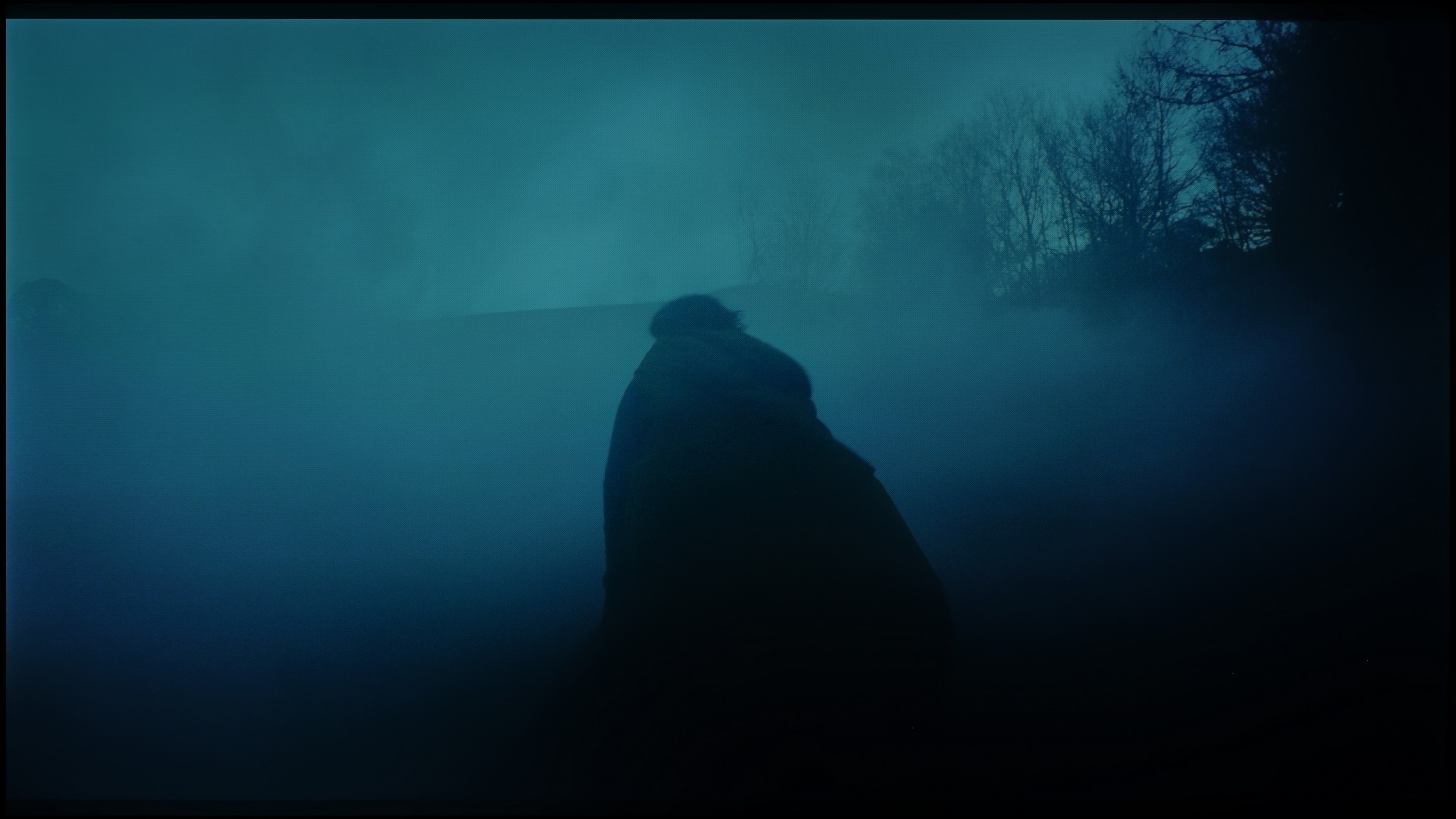

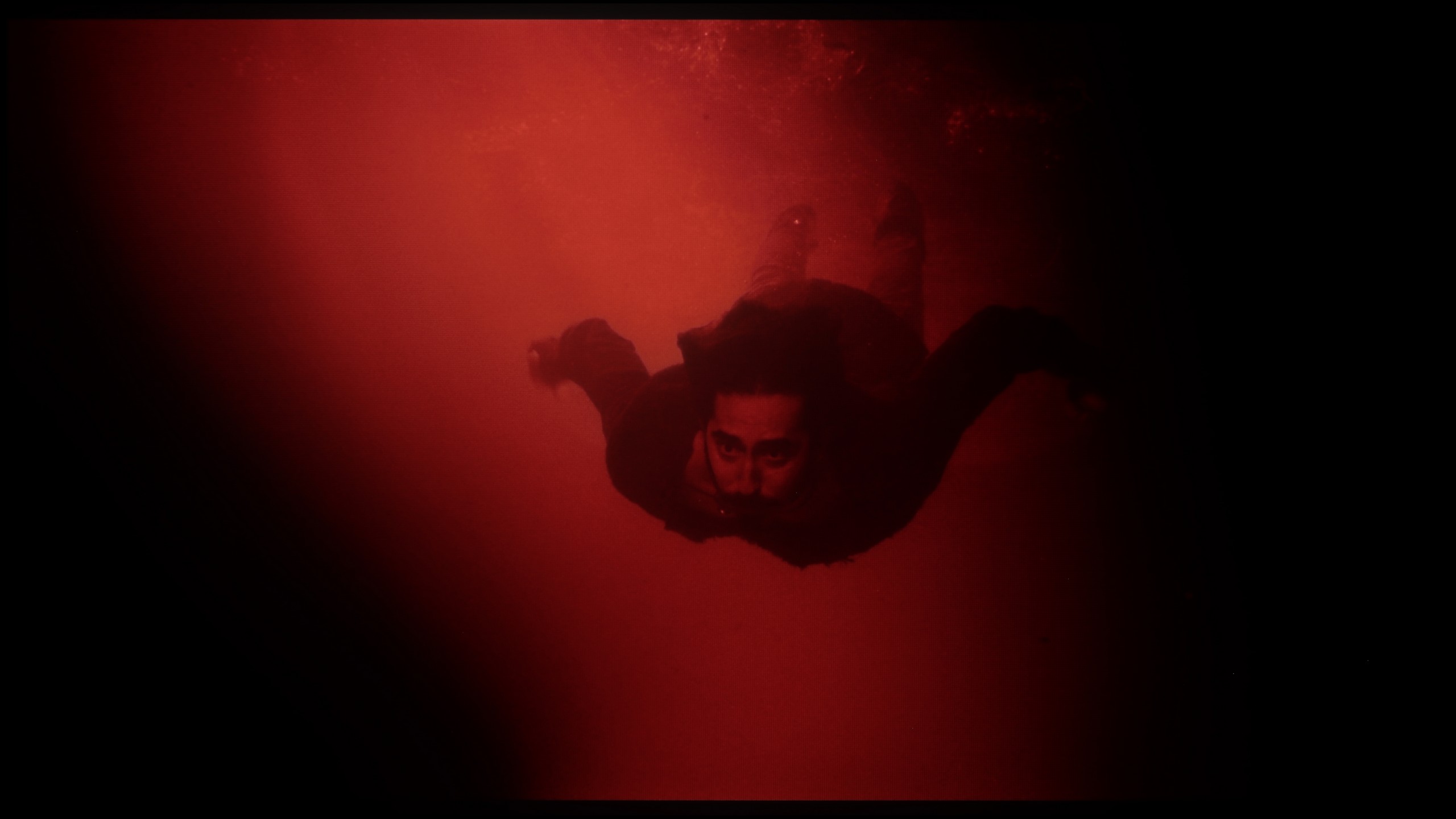




The fluidity of tonal transitions is one of those categories that even less advanced users can notice. If someone doesn’t know what this means – we’ll explain. It’s about whether the colours blend smoothly into each other or if their “sticking” is visible in the form of distinct bands. Good tonal transitions are those that are natural and smooth, without significant jumps in colour.
The Hisense S7NQ performs very well in this area, although it must be honestly admitted that it falls slightly short compared to Samsung The Frame. In very bright scenes, slight imperfections can be noticed, but you really need a trained eye to catch them. Overall – as with most “frame” style televisions – it still performs excellently.
U7Q performs exceptionally when it comes to tonal transitions – we can confidently say that it’s nearly at a reference level, which is why this television receives one of the highest possible ratings from us in this category. The colour blends are smooth, clear, without any noticeable banding. In most scenes, everything looks just perfect, and any minor imperfections may only appear in very specific shots – though we hardly noticed them during testing.
Image scaling and smoothness of tonal transitions
5.5/10
6/10
Smooth transition function

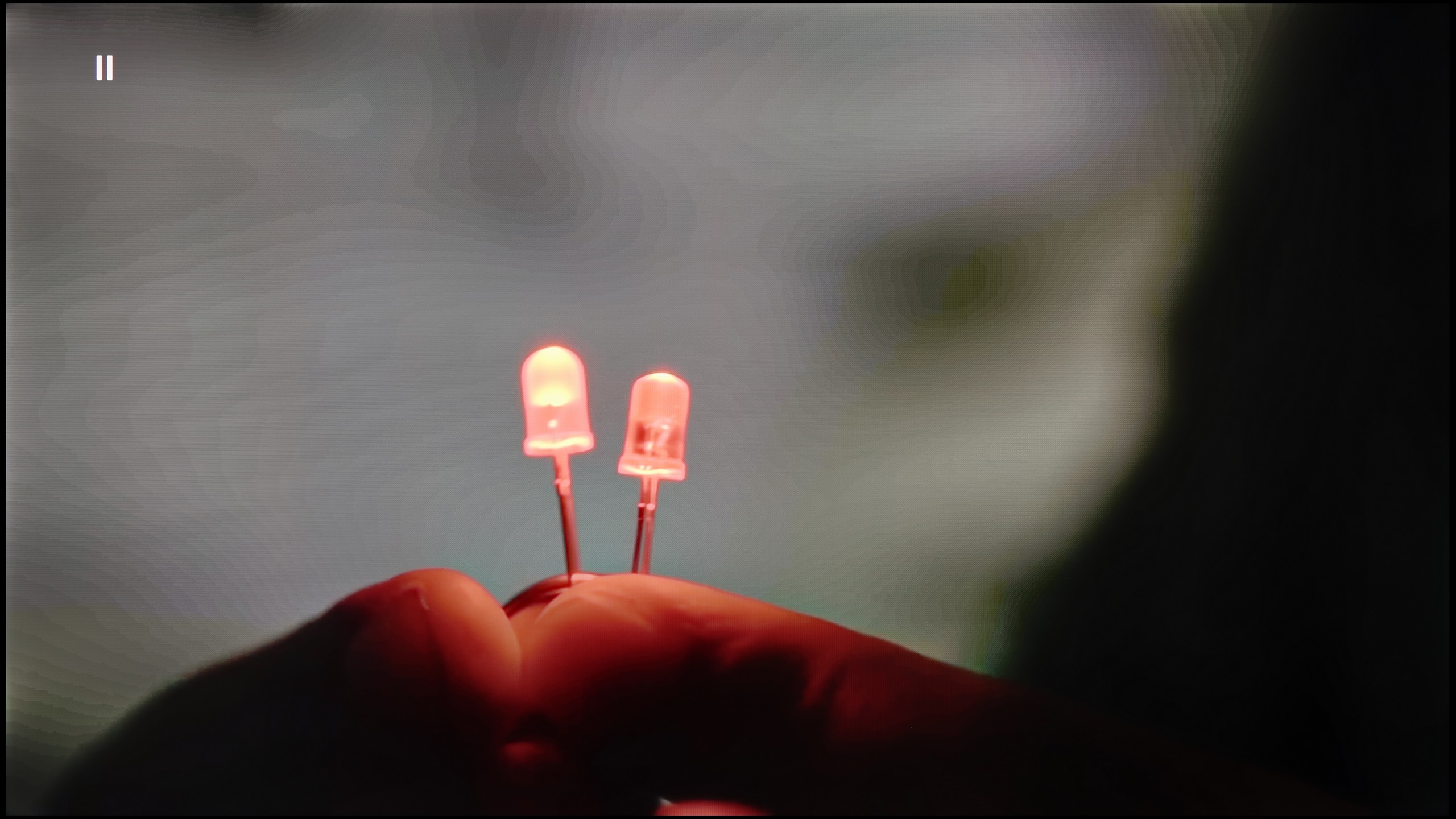
Image without overscan on the SD signal


Equally important is how the television handles tonal transitions with a poorer signal – for example, in older films, on television, or on YouTube. Unfortunately, despite the presence of the “Smooth and Gradient Picture” feature, which was supposedly meant to improve this aspect, its functionality is really poor. It’s barely noticeable that it has any real impact on the visibility of colour transitions.
The image scaling is also disappointing. Yes, you can see that the television is trying to “pull up” the quality, but the end result is far from ideal. The image often appears slightly jagged, which is particularly noticeable in the example of tree branches in the background. Additionally, the Hisense S7NQ has a clear tendency to crop the image at lower resolutions, which could result in missing subtitles in the news or finer details in the image.
There are situations where we would like to smooth out tonal transitions a bit, especially in older materials – those with limited source quality. The U7Q has been equipped with a feature called “Smooth and Gradient Image,” but unfortunately… it works very poorly. In the “Low” option, the effects are practically unnoticeable, and other settings smooth out the details but don’t improve tonal transitions. The only positive thing is that the feature doesn’t interfere with the film grain, so it doesn’t ruin the natural structure of the image.
Fortunately, content scaling performs quite well. The image is not overly sharpened, there is no artificial clarity – and while it’s known that this isn’t the level of high-end TVs, the U7Q has no problem displaying really old content in a completely acceptable manner.
Blur and motion smoothness
6.5/10
7.5/10

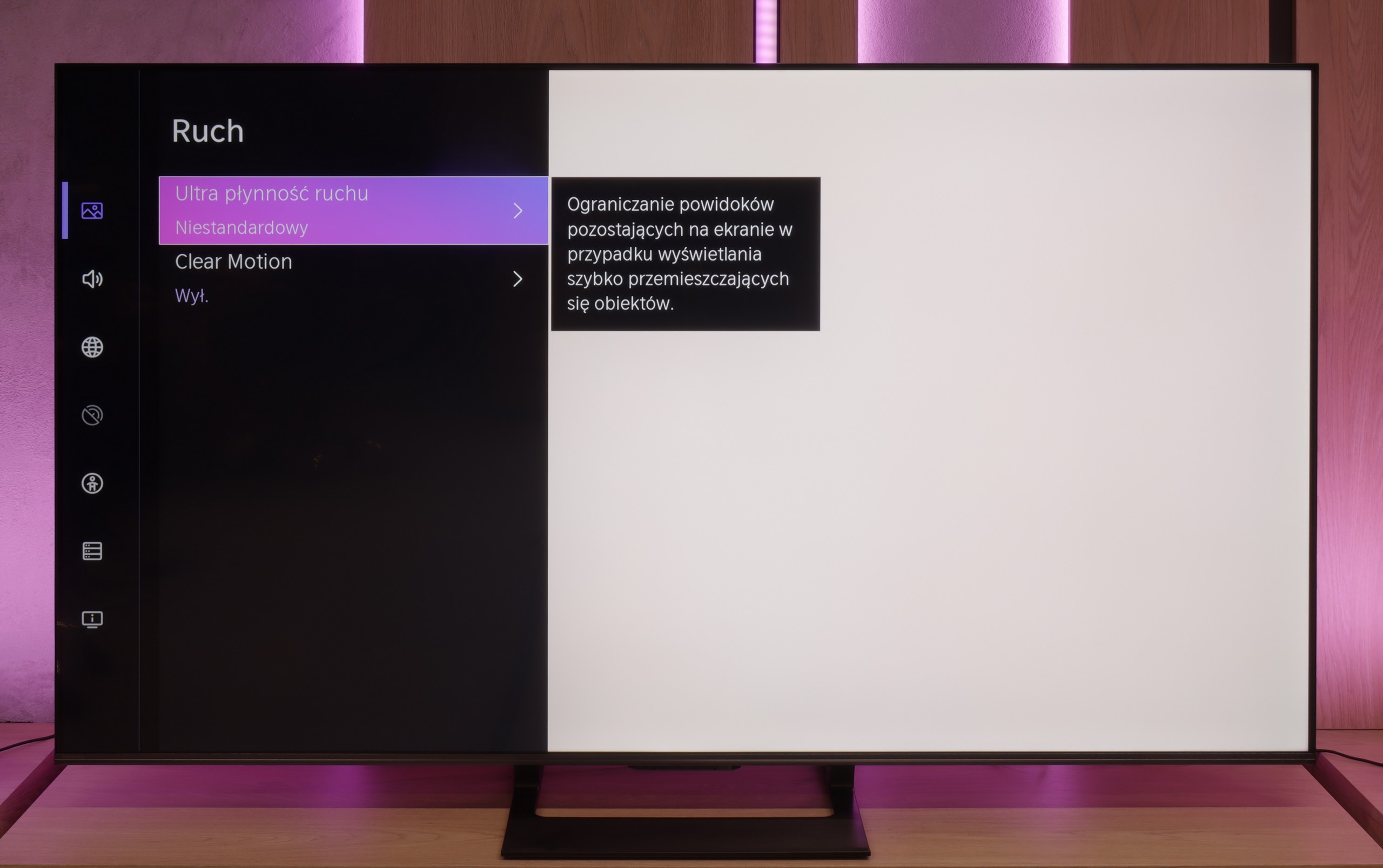
Blur (native resolution, maximum refresh rate):




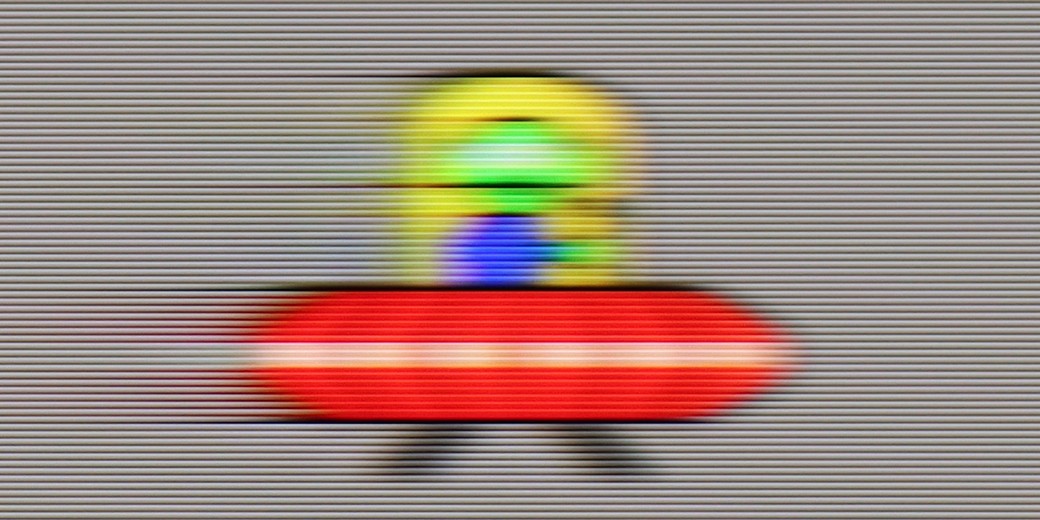
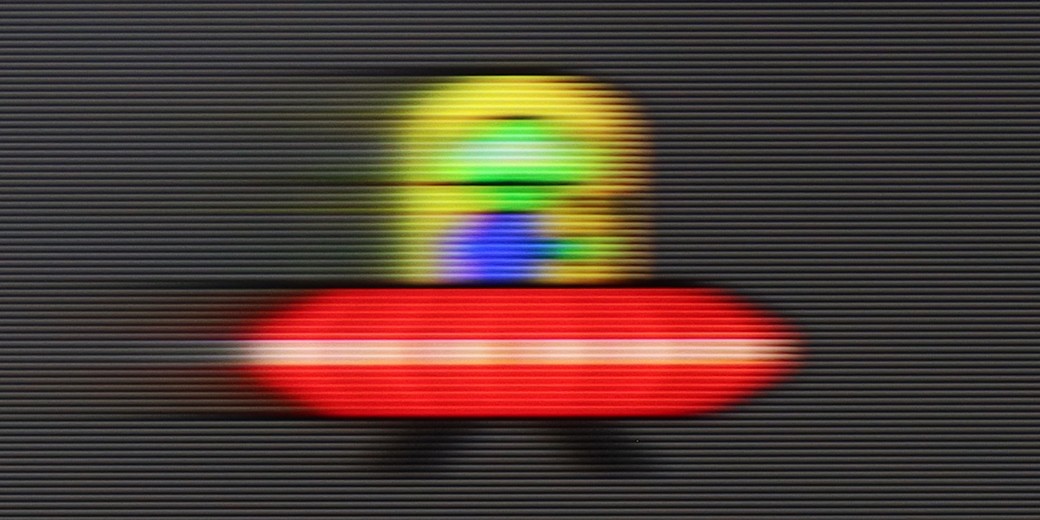
Blur (BFI function enabled):



Smużenie ():
Smużenie (1080p 240Hz):

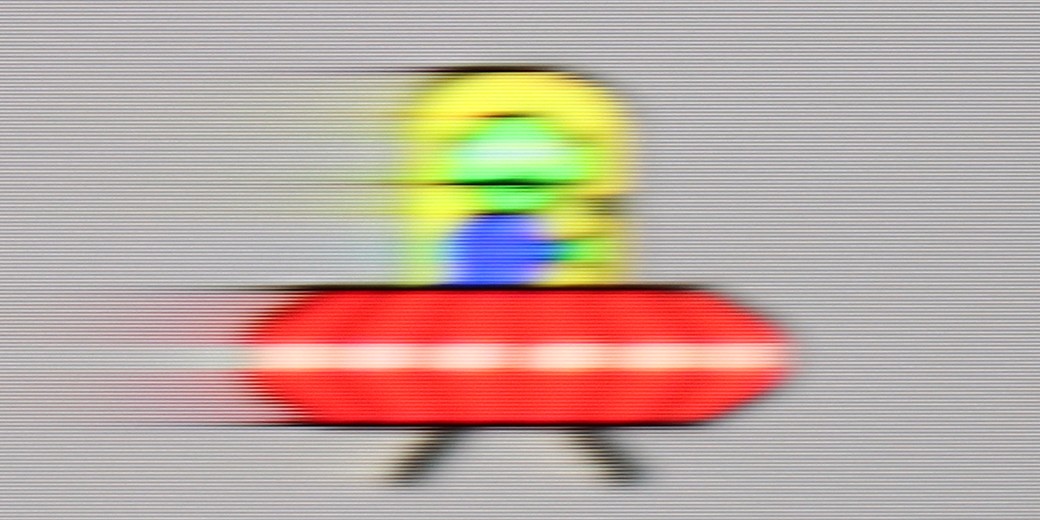

When it comes to motion fluidity, the television performs really well. Although the S7NQ was primarily designed for displaying static elements – such as images – the manufacturer has used a panel with a refresh rate of 144 Hz. As a result, sports or games look really good on it.
For content that is not recorded at a high frame rate, the manufacturer has provided two features that allow you to adjust the picture to your own preferences. “Motion blur reduction” and “blur” operate on a 10-point scale, enabling a choice between a more cinematic image – with characteristic frame jumps – and a smooth effect reminiscent of a “soap opera.” How to set this up? That’s a personal choice – we leave the decision to you.
U7Q is a truly fast TV, much like its more powerful version “PRO”. At 4K resolution, it supports up to 144 Hz refresh rate, and if someone wants even more – in Full HD, you can achieve up to 240 Hz! This will mainly benefit PC gamers, but it’s worth appreciating – it’s a rare feature in this price segment. Right from the start, it’s clear that the U7Q has been designed with dynamic content in mind, such as games or sports. In films, we’re not left “out in the cold” either – the U7Q offers an “Ultra Motion Smoothness” feature, where with two sliders, you can adjust whether you want a smoother, theatrical picture, or something closer to cinematic style with a visible frame. It’s good that, like most manufacturers, we have a choice here and can customise it to our own preferences.
Console compatibility and gaming features
8.5/10
8.5/10
- ALLM
- VRR
- VRR range48 - 144Hz48 - 240Hz
- Dolby Vision Game Mode
- Correct implementation of HGIG
- 1080p@120Hz
- 1440p@120Hz
- 4K@120Hz
- Game bar

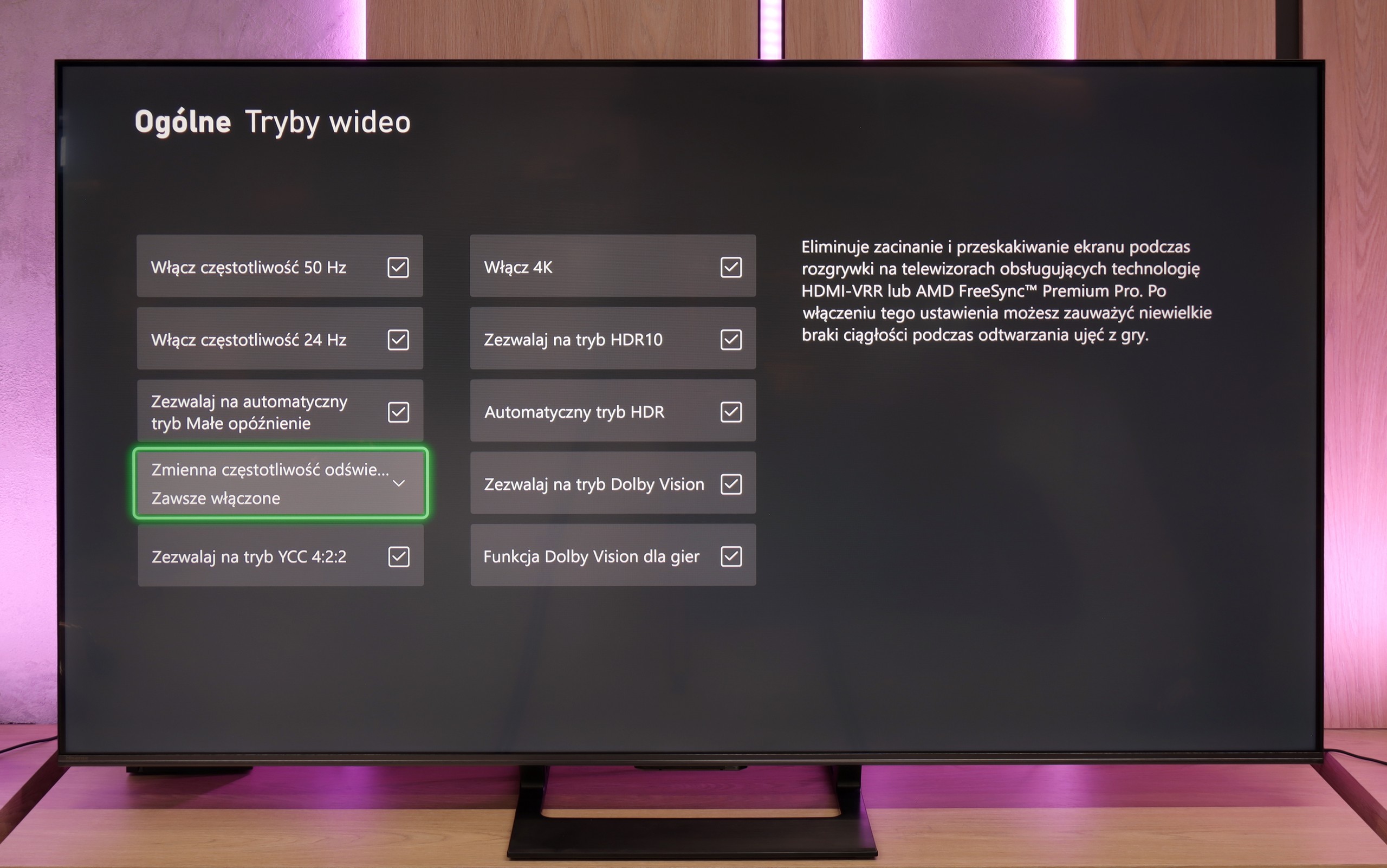

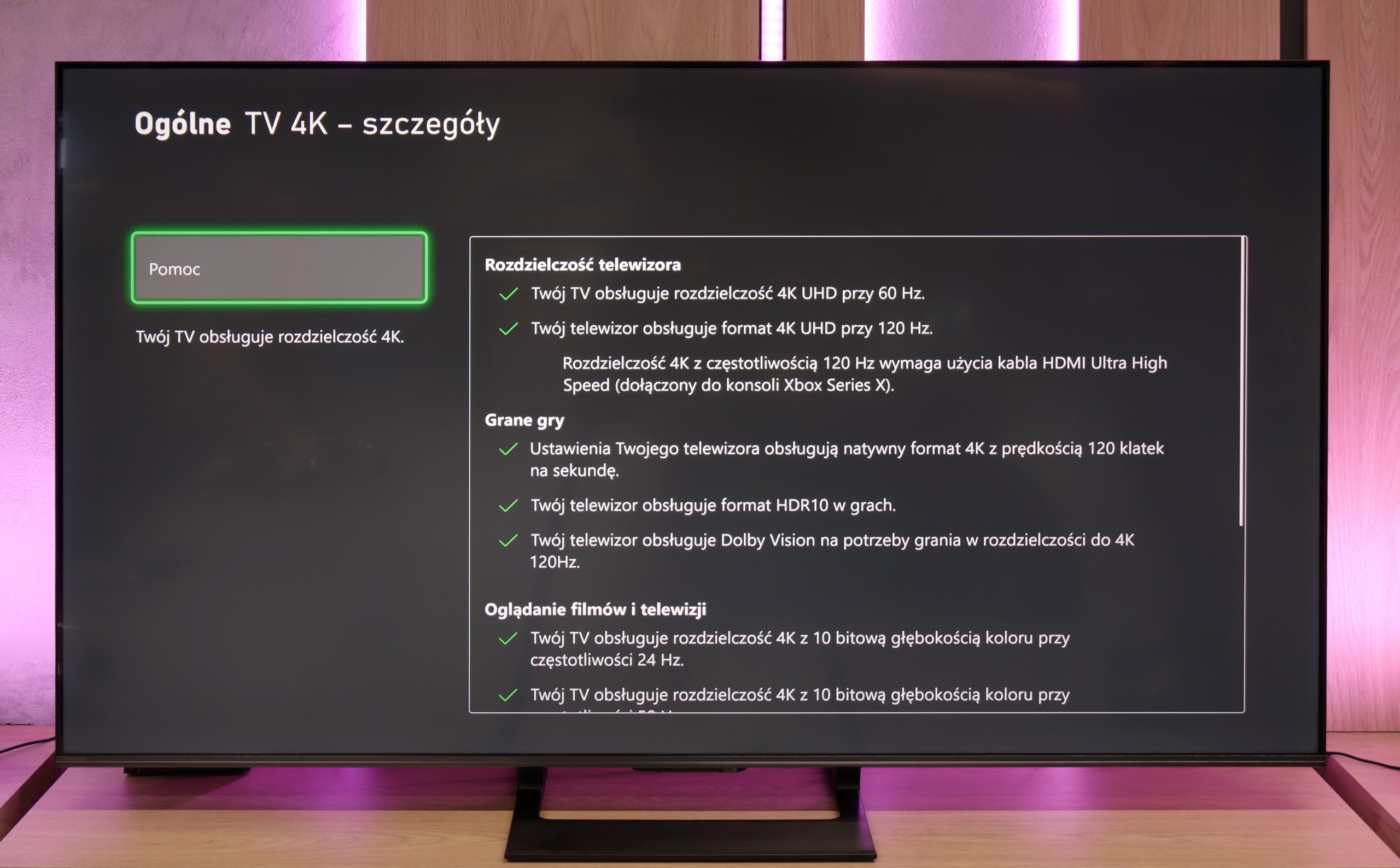

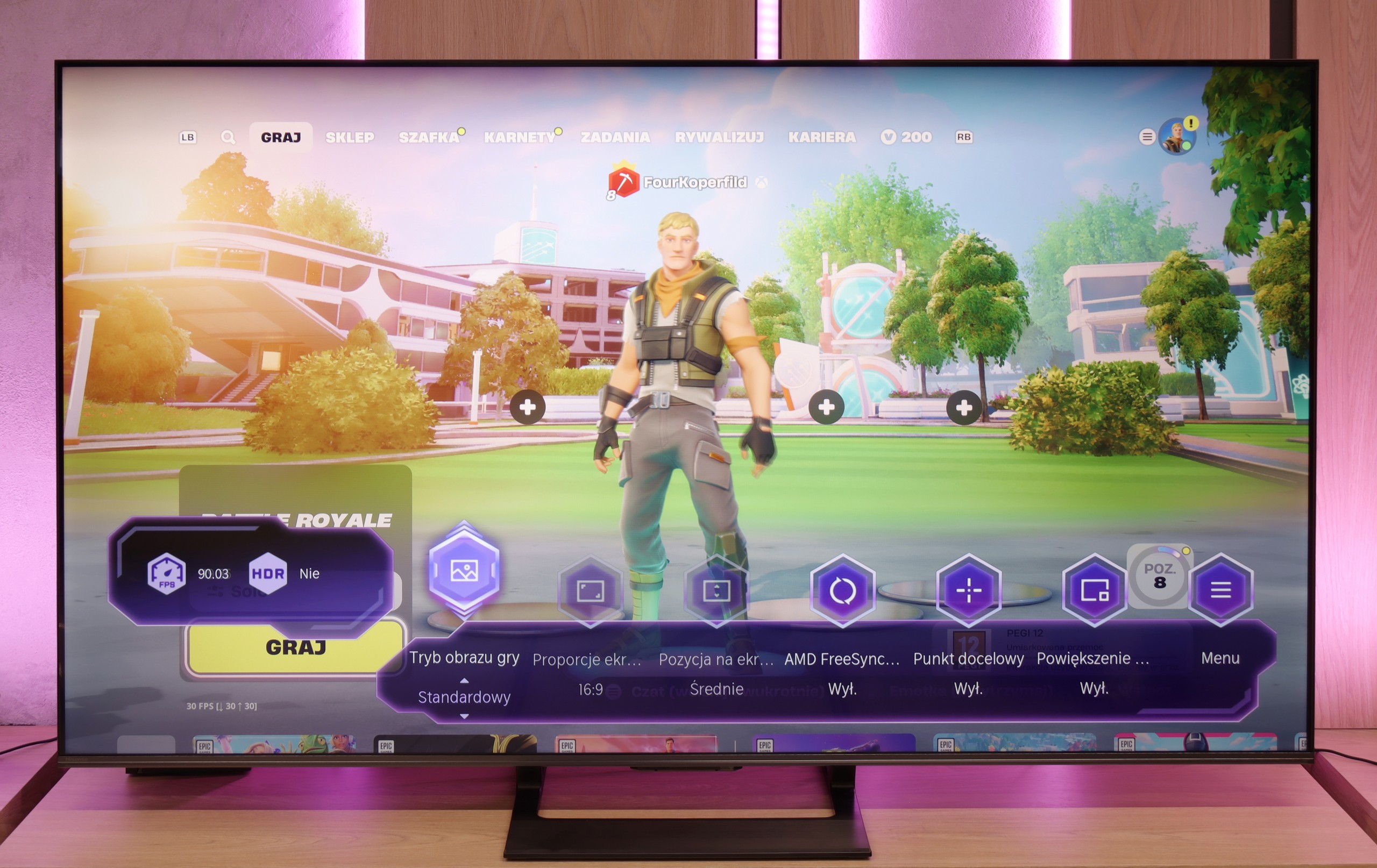

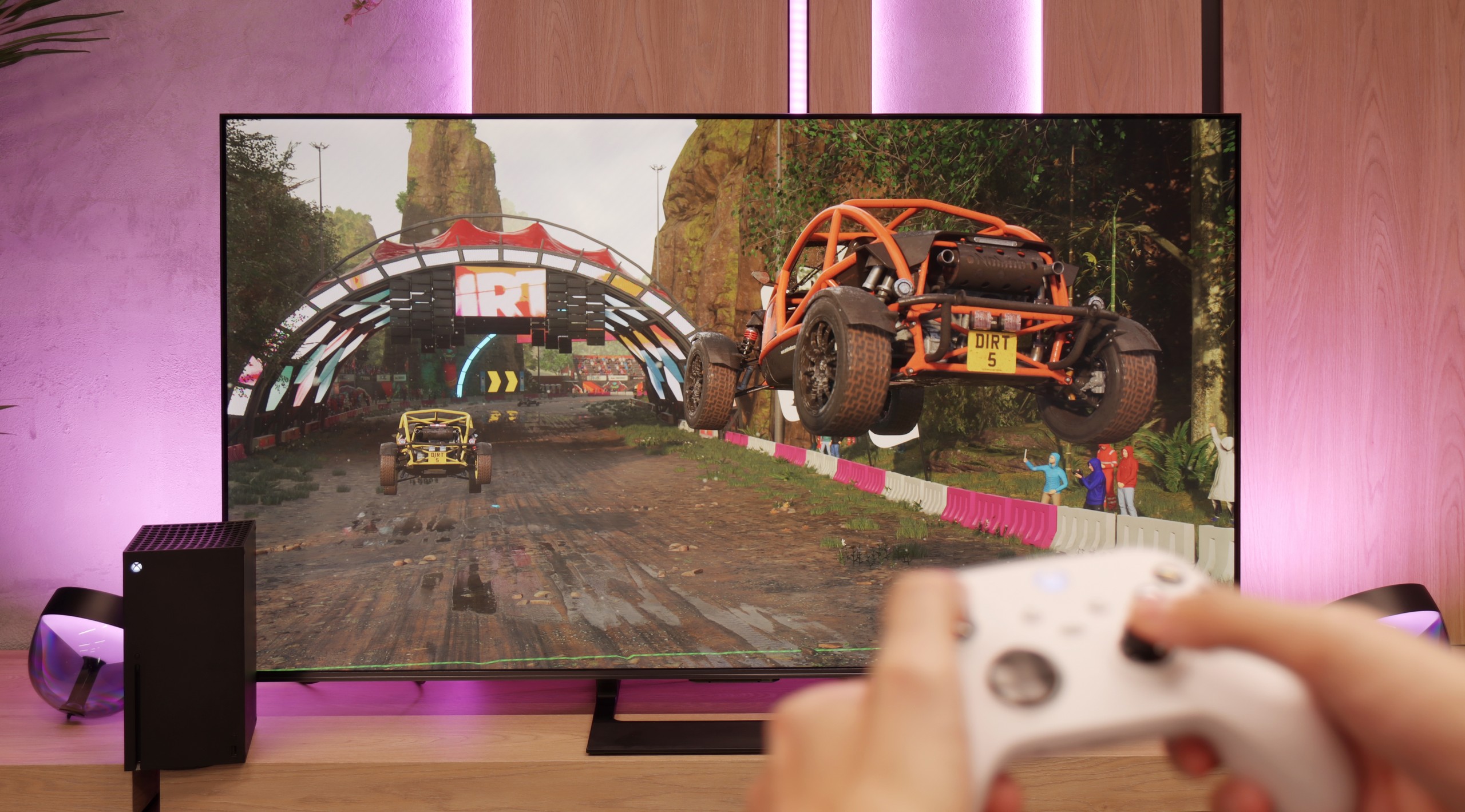
Even though the S7NQ is an "image" type television, you can actually play games on it. Really. It has practically everything (except for HGiG mode) that a modern gaming television needs. The 144 Hz panel and two full HDMI 2.1 ports allow for seamless connection of two consoles, such as the PlayStation 5 or Xbox Series X/S.
The television supports Automatic Low Latency Mode (ALLM) and Variable Refresh Rate (VRR) without any stutters or issues. It also handles high frame rates at lower resolutions without any trouble. A shoutout to Hisense for the very attractive Game Bar – it displays all available image options, and additionally, we have the ability to enlarge the minimap or turn on the crosshair (because sometimes someone might actually want to "aim" 😉).
The only missing element – as we mentioned earlier – is the lack of proper implementation of HGiG mode. This is the feature responsible for automatically setting the image in games as the developers intended. It’s a shame because it's the only thing that separates the Hisense S7NQ from being a full-fledged gaming "monster".
The Hisense U7Q is a TV designed with gamers in mind – and you can see that straight away with its gaming capabilities. It has practically everything you could wish for: Variable Refresh Rate (VRR) – check, Auto Low Latency Mode (ALLM) – check, and high refresh rates of up to 240 Hz in Full HD, along with support for various resolutions, not just 4K. It’s truly an impressive set of features that makes the U7Q perform well with both fast-paced shooters on consoles and more demanding titles on PC. Of course – like most Hisense models – it lacks a proper implementation of the HGiG feature. It’s a shame because HGiG allows the console's brightness to be adjusted to the specific TV, which in practice makes it easier to display HDR games according to the creators' intentions. Without this, you just have to deal with some limitations in the final HDR image in games.
Input lag
8.7/10
9.7/10
SDR
HDR
Dolby Vision
Input lag in the Hisense S7NQ performs well, though it can't be said to be exceptional – especially for the standards of 2024/25. Values around 30–20 ms aren't very high and the average player likely won't notice it, but those who spend a lot of time gaming may feel a bit of discomfort.
The situation looks significantly better when playing in Dolby Vision mode – then the lag is lower and the gameplay feels more enjoyable. The problem is that there are still very few games supporting this mode and they are mainly available on the Xbox console.
The input lag on the U7Q is really impressive. With 120 Hz content, we achieved around 9 ms, and with 60 Hz – around 17 ms. These are fantastic results that make the TV great for even dynamic games requiring quick responses. It’s hard to fault anything here. Of course, as is often the case, the Dolby Vision mode in games seems a bit slower compared to standard SDR or HDR. This will be mainly noticeable for Xbox Series X/S console users, who are the only ones supporting Dolby Vision Gaming. Fortunately, the input lag still remains below 30 ms, so in practice, this is still an acceptable level even for more demanding gamers.
Compatibility with PC
7/10
8.6/10

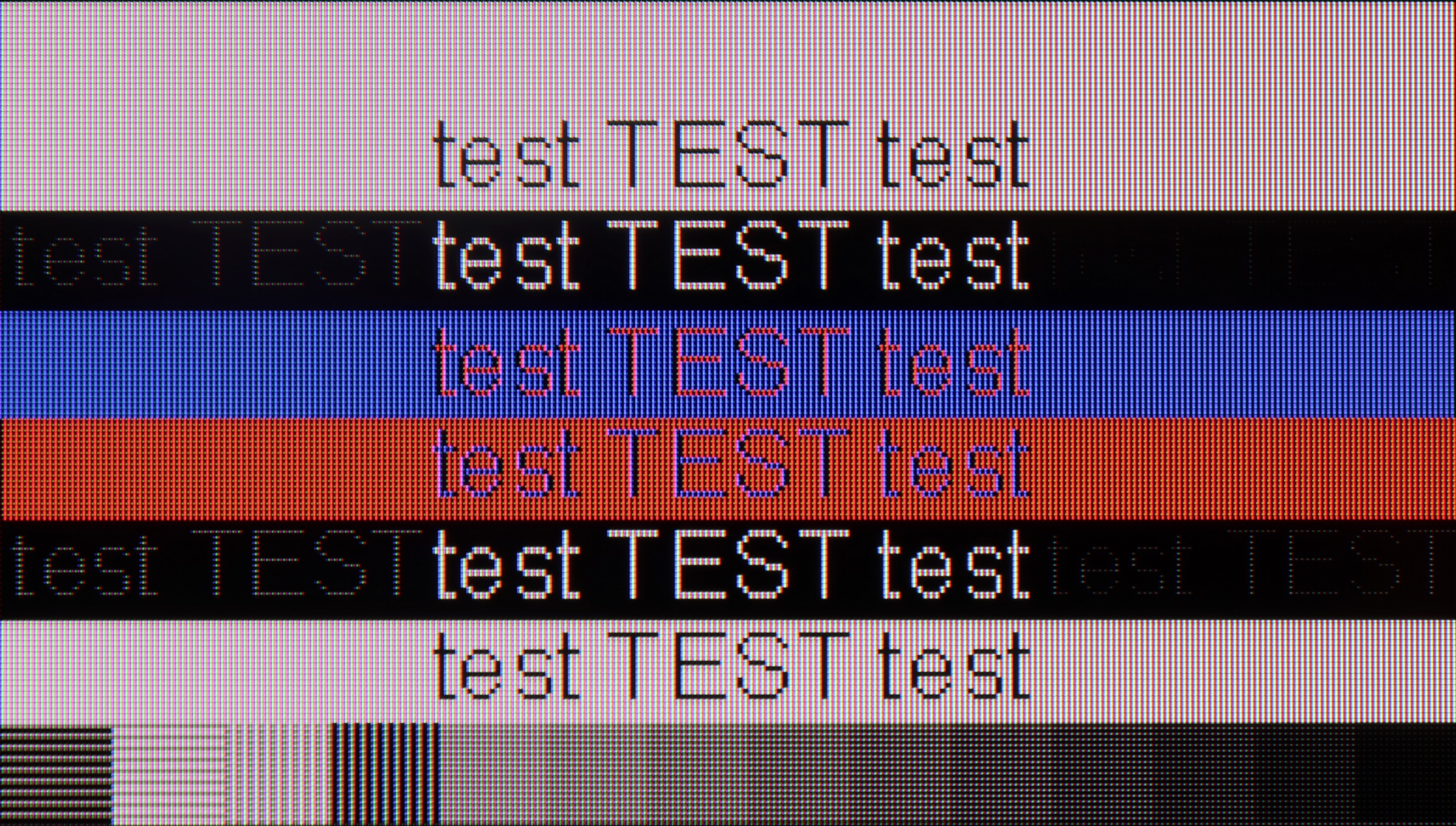
When it comes to working with a computer, the S7NQ Canvas TV performs really well. Gaming on it is smooth thanks to the presence of a 144 Hz panel and support for G-Sync with Nvidia cards. Input lag – as we mentioned earlier – is good, though not exceptional.
And how about productivity? It’s doable. The TV has a proper implementation of chroma 4:4:4, so fonts look quite sharp. You might nitpick about some minor issues with the thinnest letters on a dark background, but let’s be honest – rarely does anyone sit a metre away from a 55-inch screen reading small text.
The U7Q communicates great with the computer. For gamers, this is fantastic news – we have high refresh rates, low input lag, and G-SYNC support, making gaming from a PC an absolute pleasure. But the U7Q also performs well in everyday tasks. If someone uses a computer for text, web browsing, or office work – there’s nothing to nitpick about. The TV correctly handles chroma 4:4:4, so fonts look sharp and clear, without blurring or strange outlines. Both small and capital letters are simply legible – just as they should be.
Viewing angles
3.4/10
3/10
Viewing angles here are typical for a VA panel. The S7NQ loses quite a bit when viewed from about a 45-degree angle – colours wash out and brightness noticeably decreases. It's a shame, as after all, it's a television that's meant to display works of art – it would be nice to be able to look at them from different spots in the room, not just straight on.
The viewing angles on the U7Q are rather weak – that's just typical for VA panel characteristics. Directly in front, everything looks very good: blacks are deep, colours are saturated, and the contrast is high. But just moving slightly to the side is enough for the picture to start losing quality – colours become paler, and blacks begin to resemble dark grey. Compared to TVs with IPS panels, the U7Q performs worse, although on the other hand, it compensates with better contrast and deeper blacks.
TV efficiency during daytime
5.4/10
6.2/10

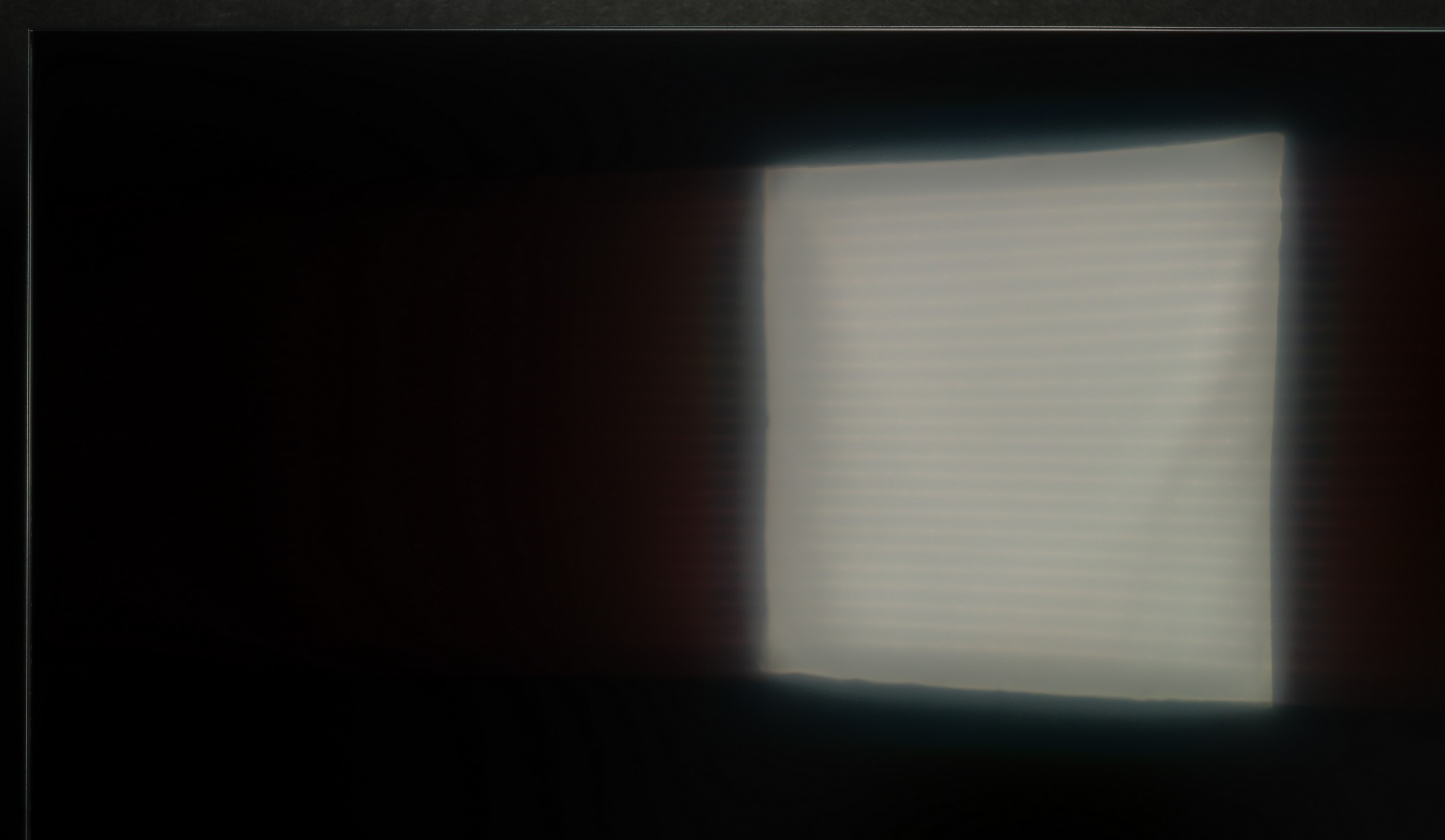

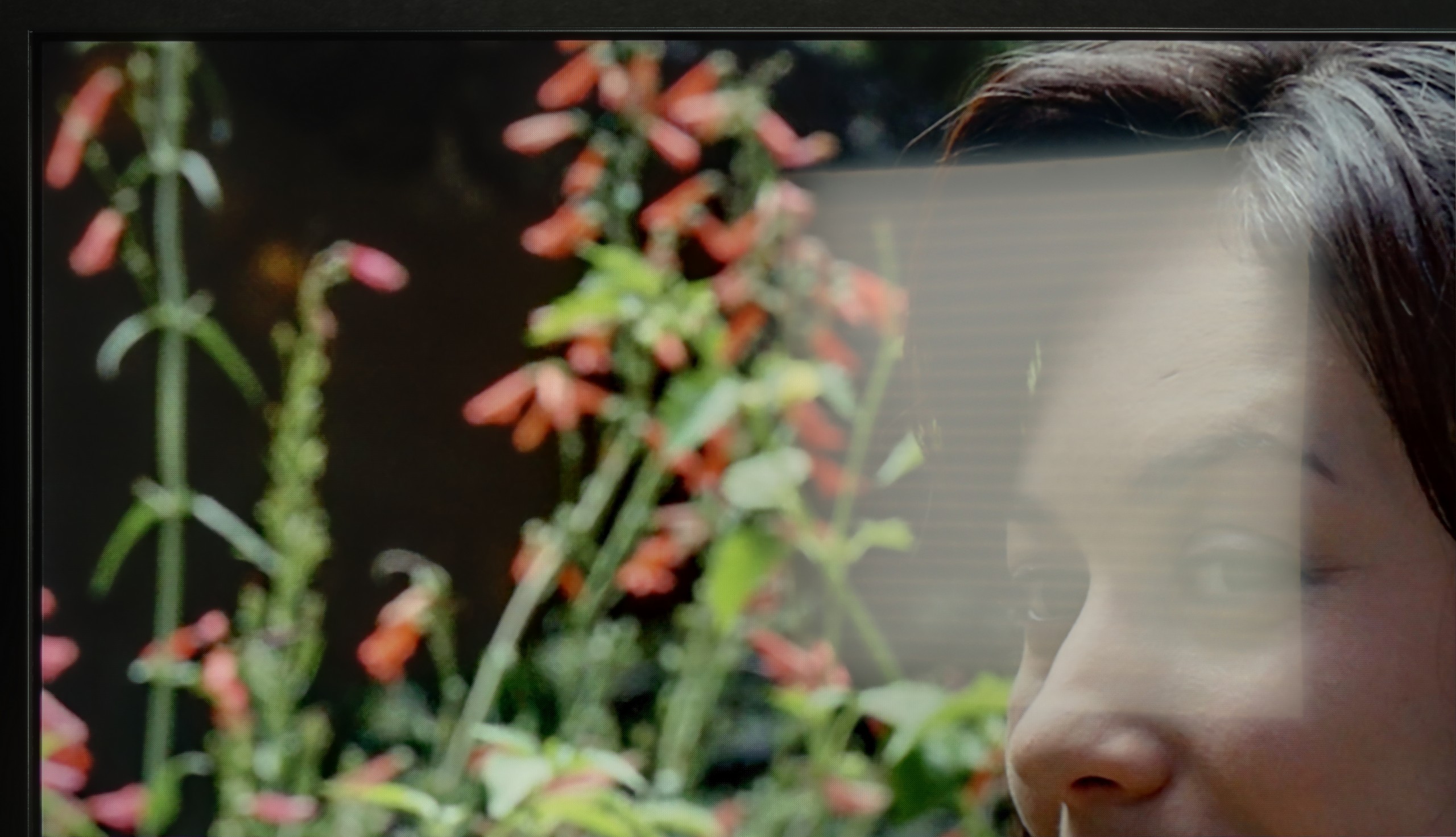
Matrix brightness
Average luminance SDR
Hisense U7Q: 519 cd/m2
Hisense S7NQ CanvasTV: 497 cd/m2
Hisense S7NQ Canvas TV is equipped with a matte screen that effectively reduces reflections – quite similar to its Chinese rival, TCL A300 NXTVision. Unfortunately, both constructions fall short in this category compared to Samsung's The Frame, which offers a significantly better anti-reflective coating. In the case of the Chinese models, including the S7NQ, colours fade considerably under light, and black levels perform poorly in such conditions. The brightness of the television reaches about 500 nits – which is quite a decent value for a matte screen, but still lower than that of the aforementioned The Frame. Generally, if someone prefers matte displays, then... it looks like it looks – Samsung simply did it better.
The U7Q performs quite well in sunny rooms. Brightness in SDR mode averages around 520 nits, which practically means that even on a sunny day, you can comfortably watch television without the feeling that everything is drowning in reflections. Additionally, thanks to the satin coating on the panel, the television handles reflections well.
Details about the matrix
Subpixel Structure:
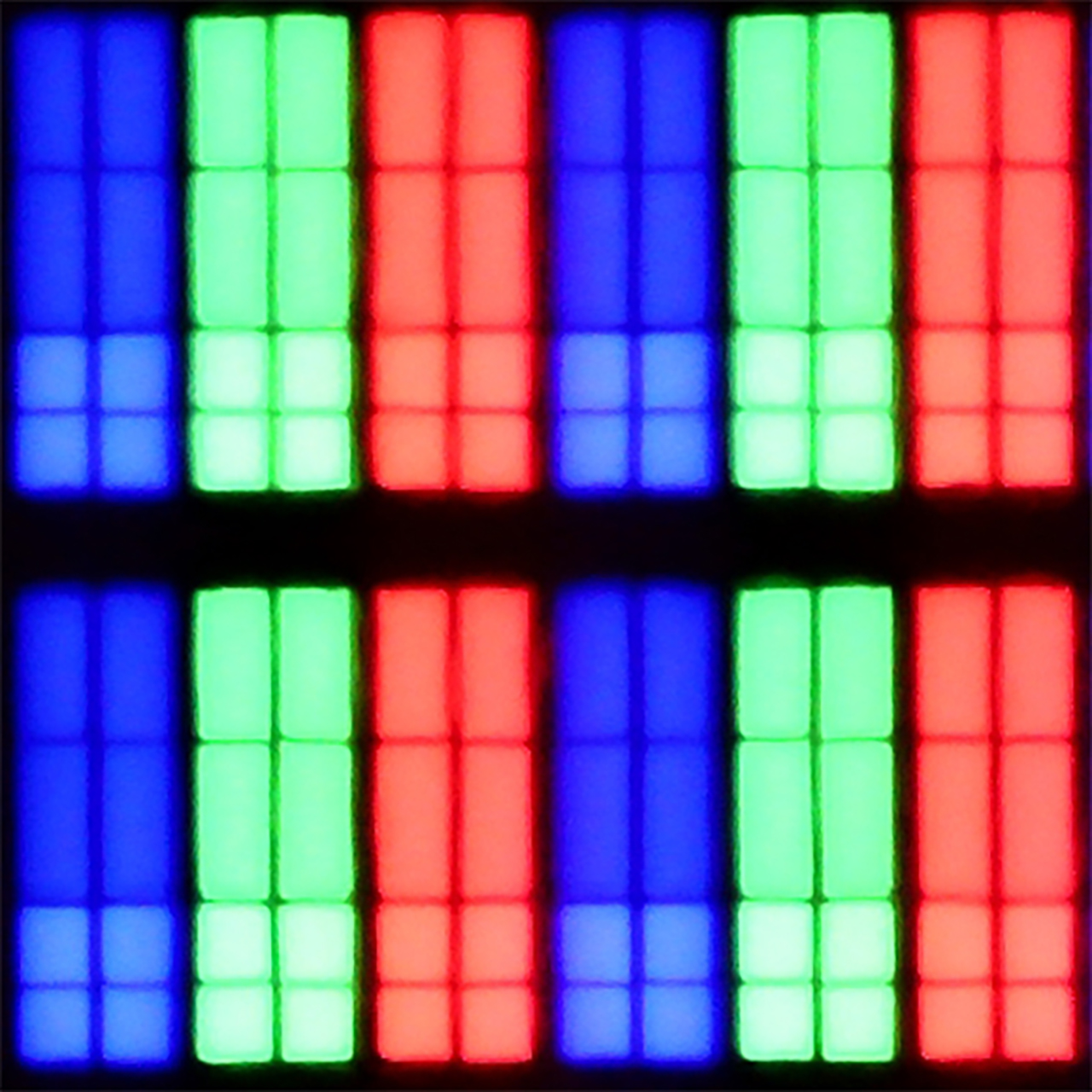
Panel uniformity and thermal imaging:

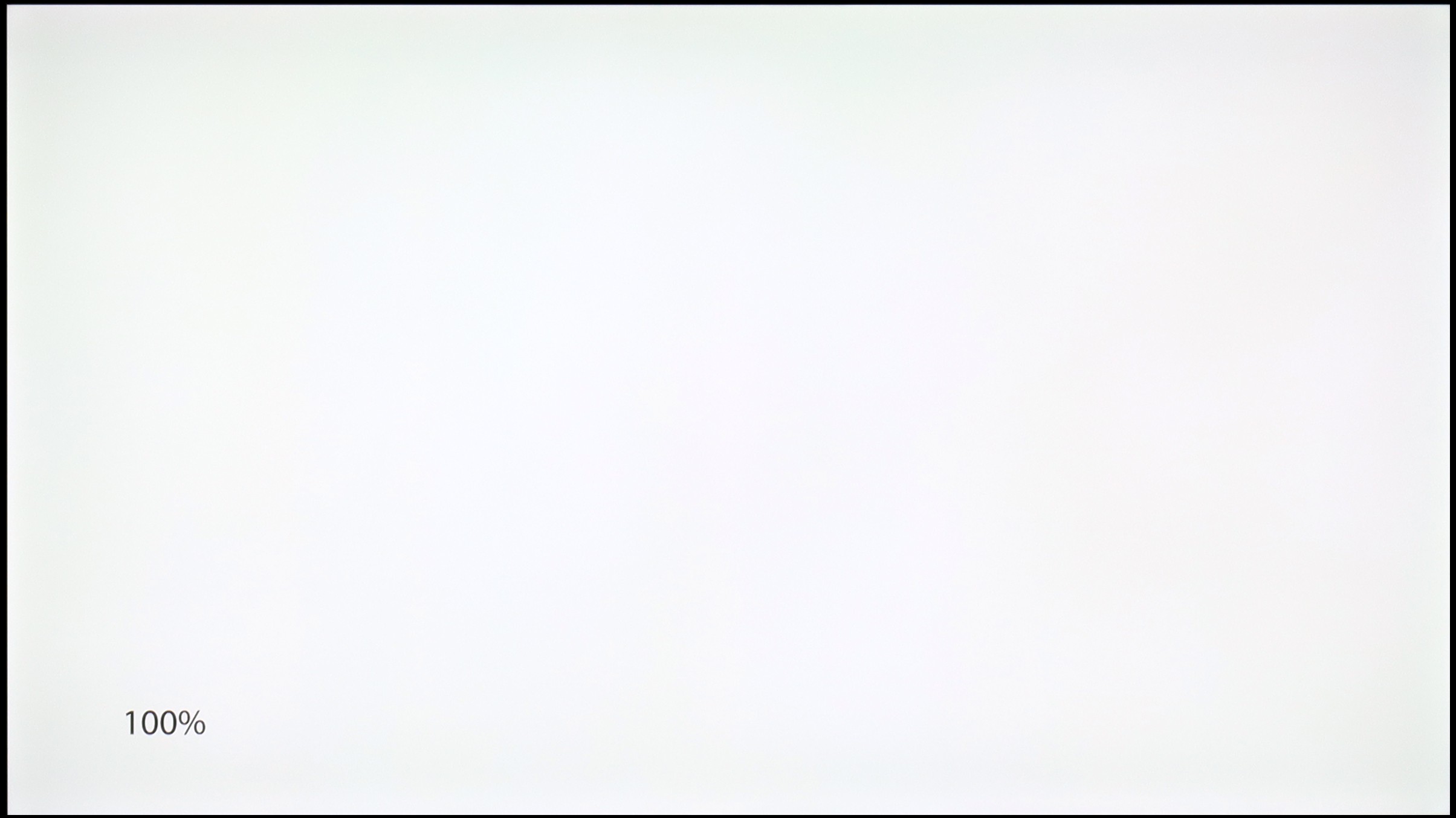
Hisense S7NQ CanvasTV
Hisense U7Q
TV features
9/10
8.9/10
- HDMI inputs2 x HDMI 2.0, 2 x HDMI 2.1 48Gbps2 x HDMI 2.0, 2 x HDMI 2.1 48Gbps
- Other inputsRCA (Chinch)
- OutputsToslink (Optical audio), eARC (HDMI), ARC (HDMI)Toslink (Optical audio), eARC (HDMI), ARC (HDMI), Mini-Jack (Headphones)
- Network InterfacesWi-Fi 2.4GHz, Wi-Fi 5GHz, Ethernet (LAN) 100MbpsWi-Fi 2.4GHz, Wi-Fi 5GHz, Ethernet (LAN) 100Mbps
- TV receptionDVB-T, DVB-T2, DVB-S, DVB-S2, DVB-CDVB-T, DVB-T2, DVB-S, DVB-S2
Classic features:
- Recording to USB (terrestrial TV)
- Recording programming
- Picture in Picture (PiP)
- RF remote control (no need to aim at the screen)
- Backlit remote control
- Teletext
- Audio only mode
- Possibility to connect Bluetooth headphones to the TV
- Possibility to simultaneously use Bluetooth headphones and the TV speaker
Smart features:
- AirPlay
- Screen mirroring (Windows Miracast)
- Wyszukiwanie głosowe
- Voice search in native language
- Ability to connect a keyboard and mouse




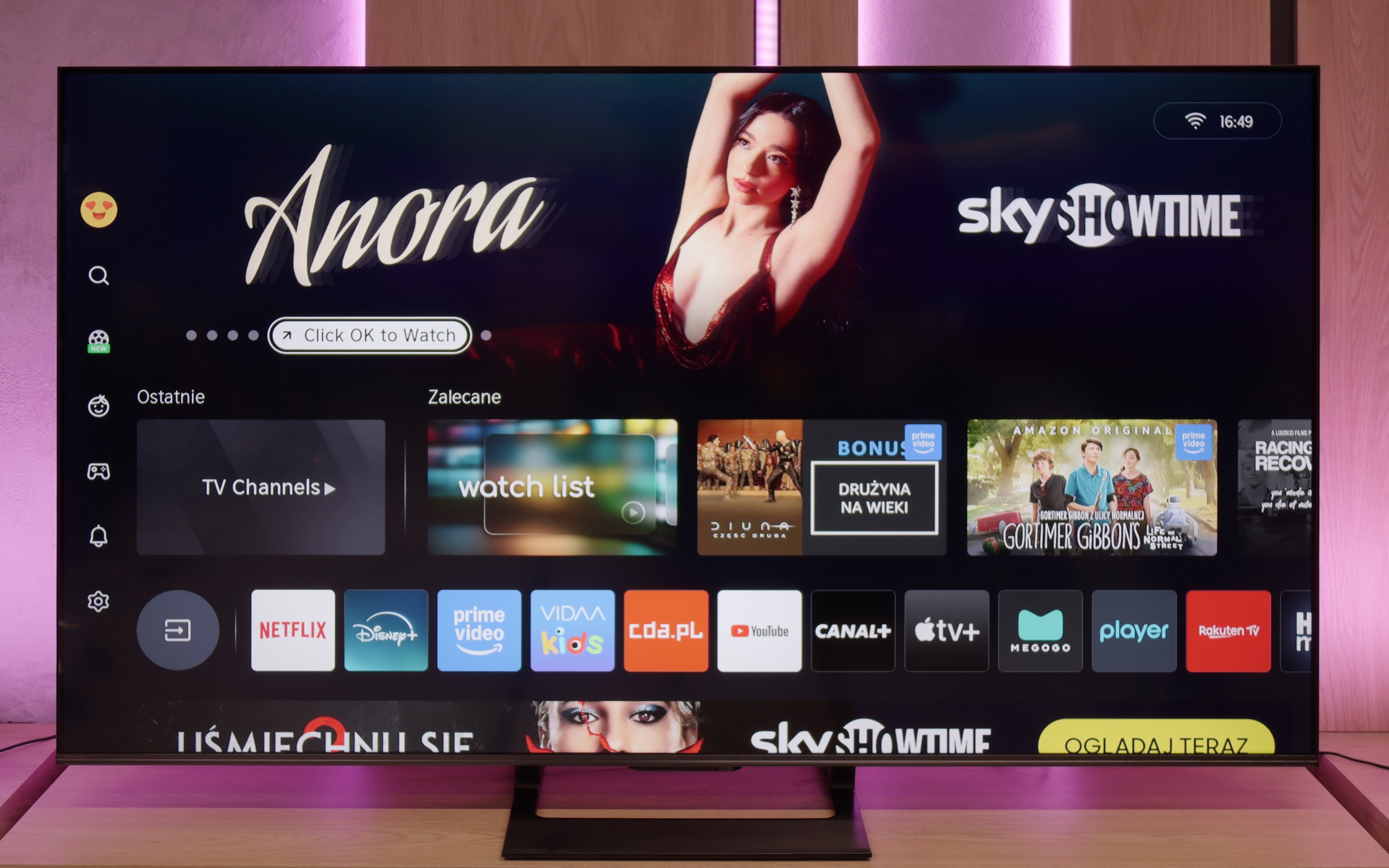
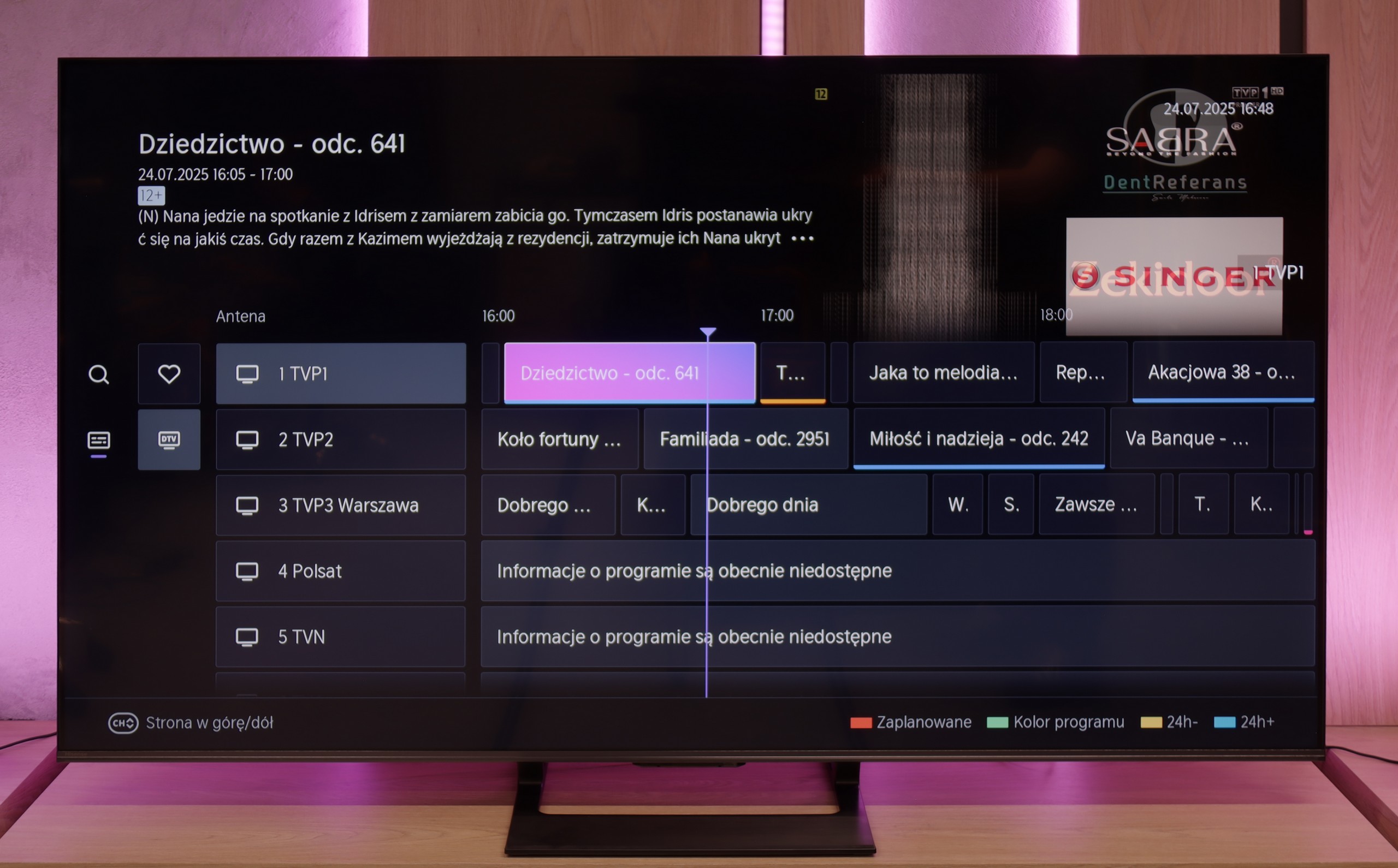
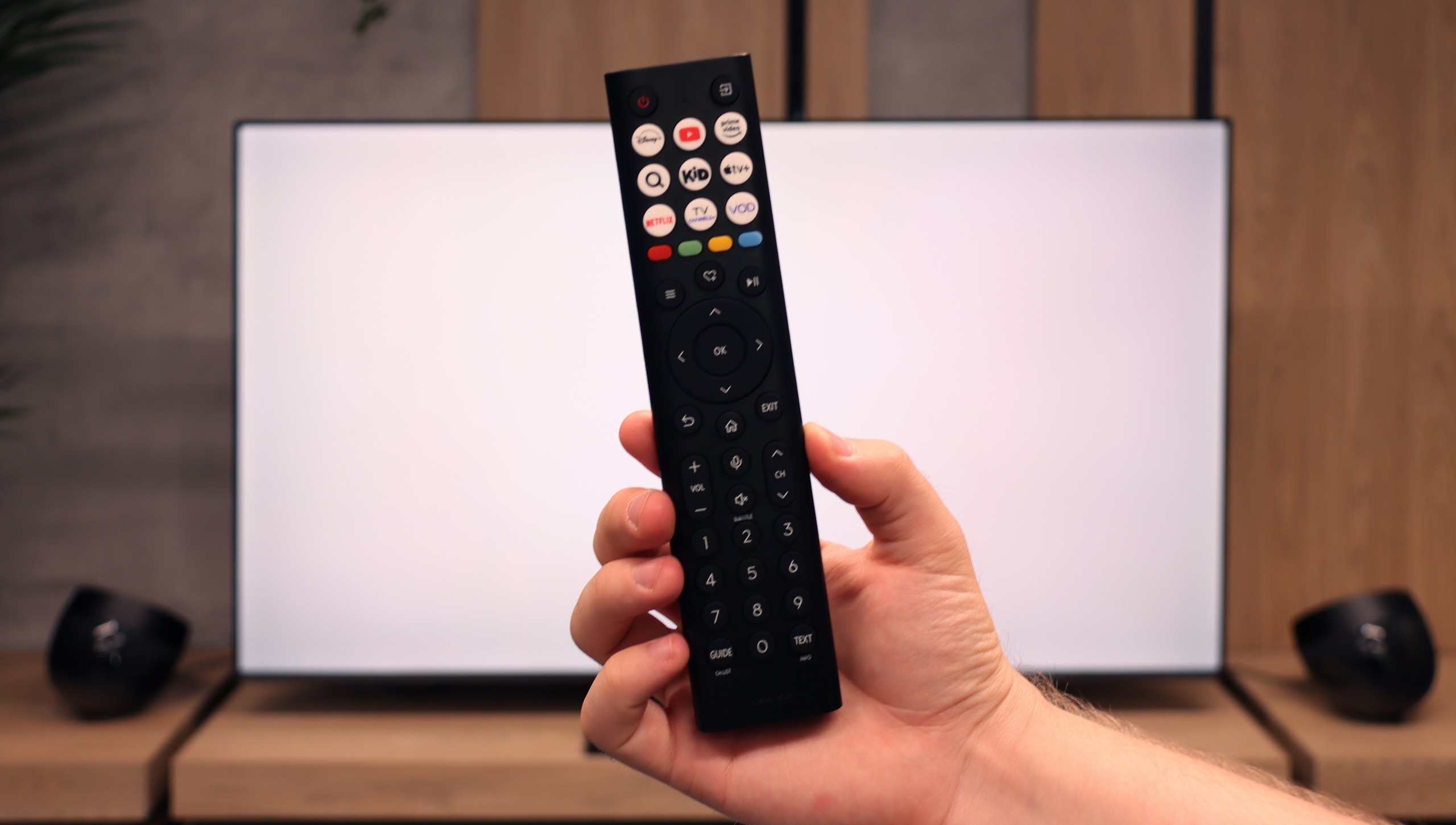
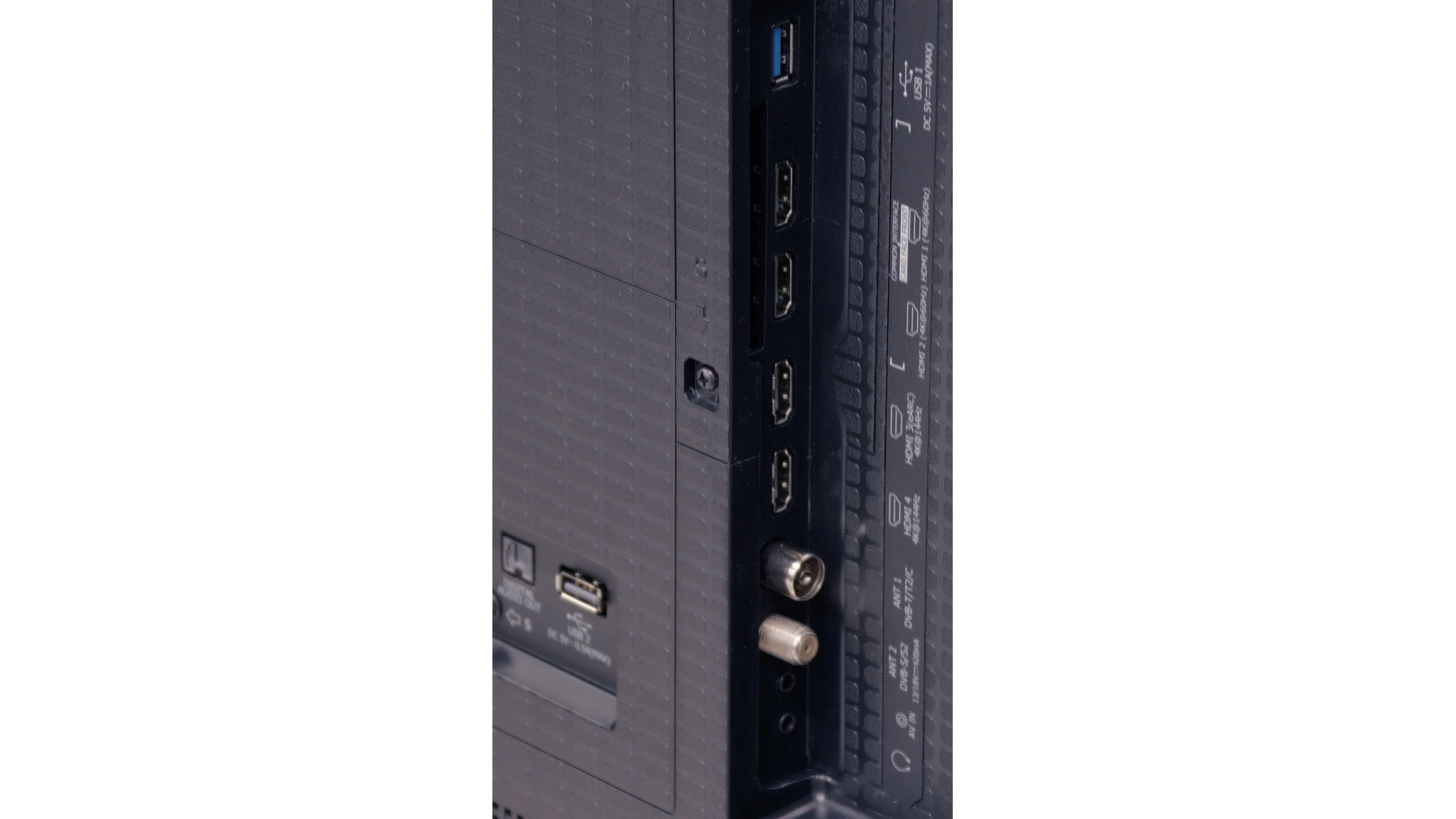
As the Hisense S7NQ is a dedicated television, we'll start the description a bit differently – from the most important aspect of this type of model, which is displaying works of art. Like all "art" televisions, it features a special mount that allows for the screen to be installed completely flat. The biggest advantage over the Korean Samsung The Frame is the fact that despite fewer artworks available in gallery mode, all of them are completely free – there’s no subscription fee required. An additional bonus that comes with the S7NQ is the light brown frame. This is a significant plus, especially if someone was already planning to choose that colour – you can save a bit of money on both the frame and the subscription.
However, when it comes to the quality of the displayed images, it’s clear that Samsung The Frame significantly outperforms here. In the S7NQ, the images look more digital, whereas in The Frame, the Art Store mode offers true scans of artworks, showing even the texture of the paint or the brush strokes of the artist. And once again, we return to the old truth – for better quality, you simply have to pay.
Fortunately, the S7NQ is not just an "art piece", but also a normal television – and in this role, it performs really well. Like most Hisense models with the VIDAA system, it offers many basic functions such as USB recording, screen mirroring, and AirPlay support. As for apps – the most popular streaming services are present here, and you can find their complete list below.
Classic features of U7Q
Hisense U7Q really has a lot to offer when it comes to classic TV features. You can record shows onto USB, easily connect external devices via Bluetooth, and the interface – such as the EPG – is clear and readable. It may sound like something that mainly seniors would appreciate, but the truth is that U7Q has practically everything needed for watching classic television. The only thing missing here is the PiP (picture-in-picture) feature.
Smart TV U7Q: Vidaa
When it comes to smart features, U7Q runs on the proprietary VIDAA system. And I must say – it runs really smoothly. Voice search in Polish? No issues at all. AirPlay and screen mirroring? They also work without a hitch. Of course, one must be aware that VIDAA is a closed system, so – as is often the case – it lacks a few popular apps, especially those related to music. Therefore, it’s worth checking before purchasing to see if all the apps you use daily are available.
Playing files from USB
5.4/10
8.2/10
Supported photo formats:
Maximum photo resolution:

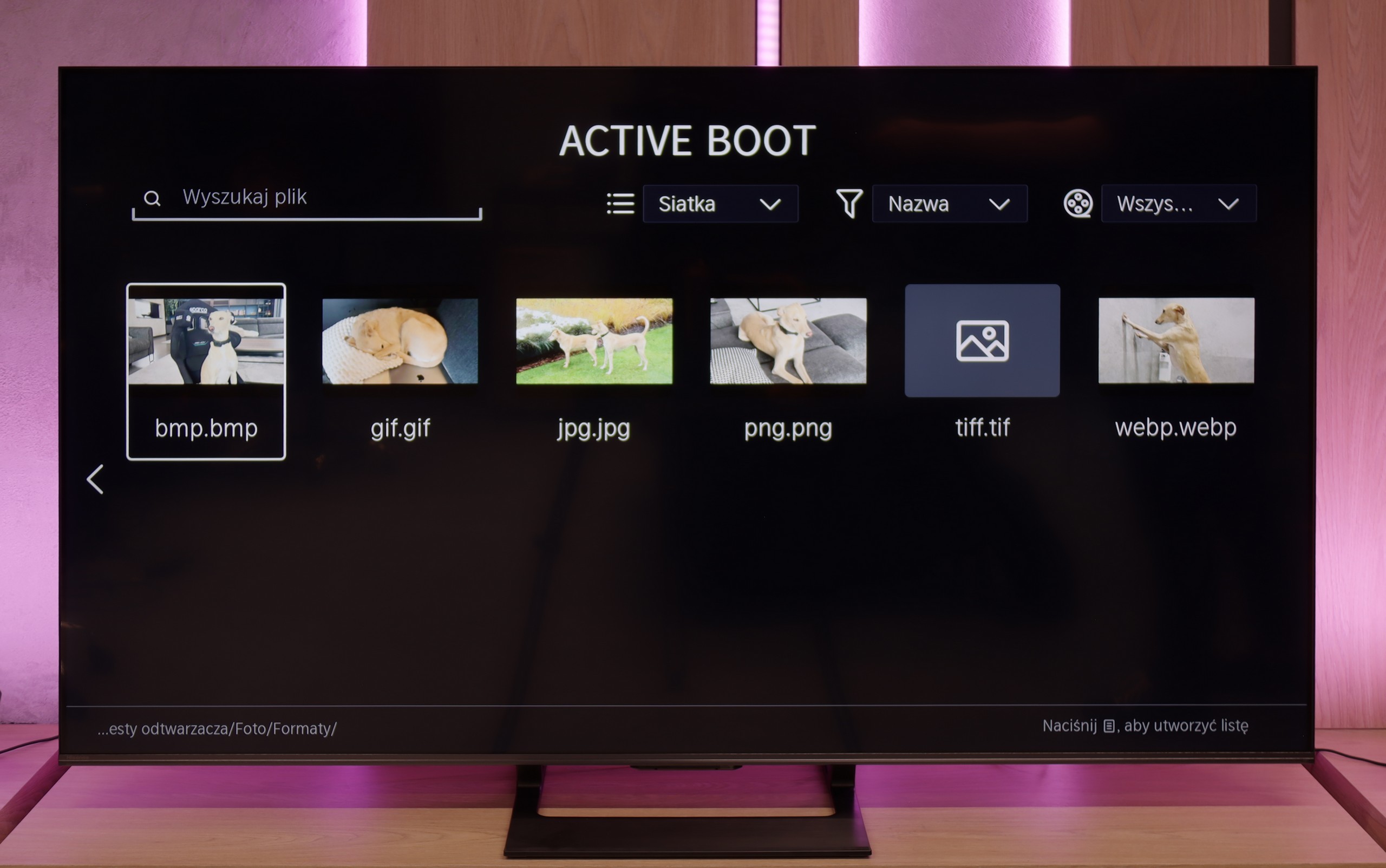
Hisense S7NQ has no trouble playing the vast majority of popular audio, photo, and video formats. So why is the rating in this category relatively low? Well, it's because of software issues. This is another Hisense television that didn't allow us to open external subtitles in movies. Regardless of whether we're talking about the .ass, .srt, .txt, or .sub format – the subtitles simply didn't appear.
The funniest (or rather the most frustrating) part about all this is that in the menu we can find options to change the font colour, size, and background… The problem is, the subtitles themselves are not visible at all.
The built-in player in the U7Q completely meets the needs of most future users. The television effortlessly supports Polish characters and most popular video, audio, and photo formats. If we had to nitpick, it would only be the limited support for certain photo resolutions – there are times when files from the camera are not displayed correctly. So it’s worth keeping this in mind if you plan to show photos straight from a DSLR or phone.
Apps
7.7/10
7.7/10














































Sound
6.3/10
7.2/10
- Maximum volume-82dB
- Dolby Digital Plus 7.1
- Dolby True HD 7.1
- Dolby Atmos in Dolby Digital Plus (JOC)
- Dolby Atmos in Dolby True HD
- DTS:X in DTS-HD MA
- DTS-HD Master Audio
When it comes to sound, it presents itself... just like a television on the wall – rather flat. Despite the use of a 2.0.2 speaker setup with a total power of 36 W, we can't speak of any exceptional sound quality here. But as is often the case – buying even the simplest soundbar can dramatically change the situation.
On the plus side, it does support virtually all popular Dolby and DTS codecs. This means we can easily connect the television to a home theatre system without having to fiddle with settings or audio conversion.
Sound is one of the biggest advantages of the U7Q. The TV plays really nicely – there's a slight discernible bass, good tonal balance, and it's definitely more than just for "casual news watching." You can easily play music on it and just sit back and enjoy the sound – of course, in an entertainment sense, not an audiophile one 😉. A big plus is also the full support for the most important audio codecs, which worked flawlessly. The only exception is Dolby Atmos in TrueHD format, which didn’t fully work when connected to the home theatre, so if someone uses that format – it's worth keeping in mind - perhaps it's a software glitch.
Acoustic Measurements
No acoustic data
82dBC (Max)
75dBC


